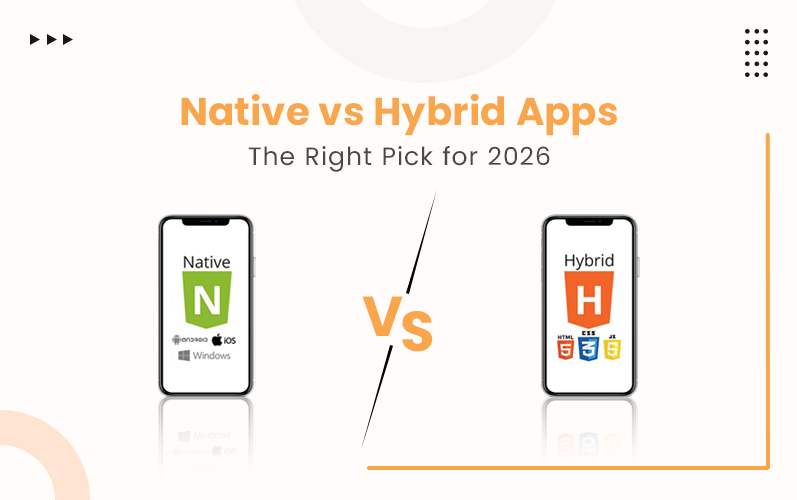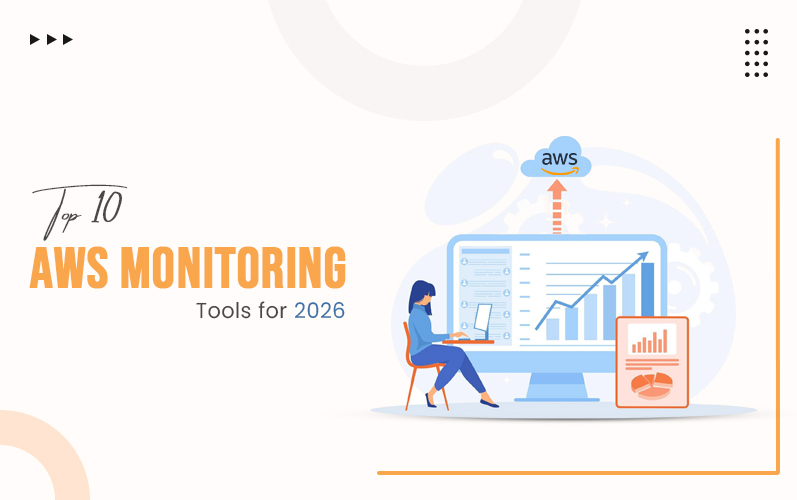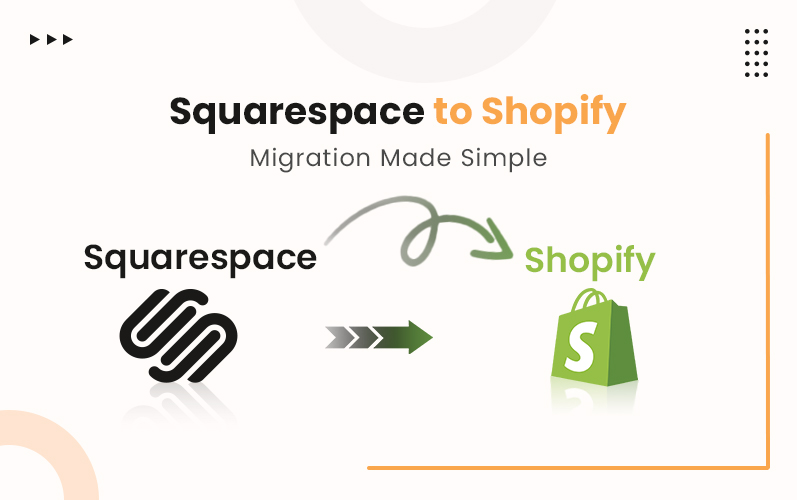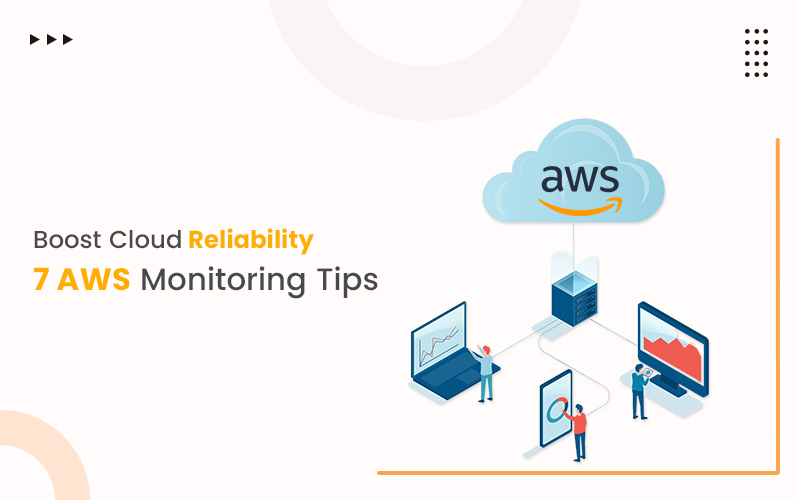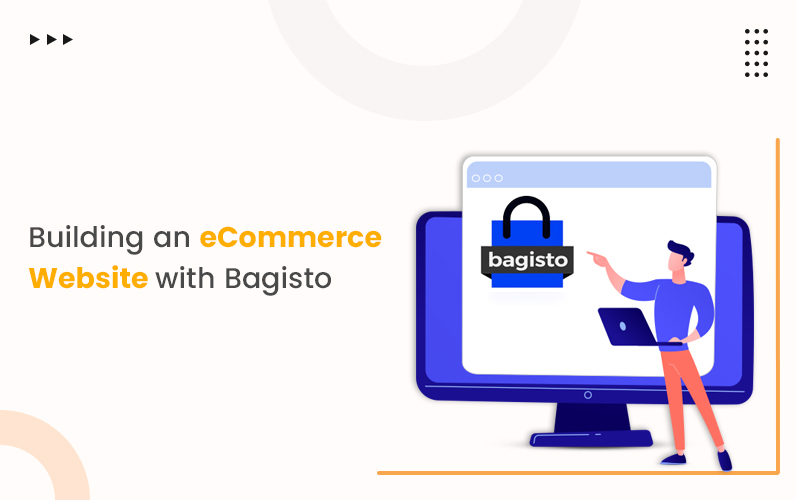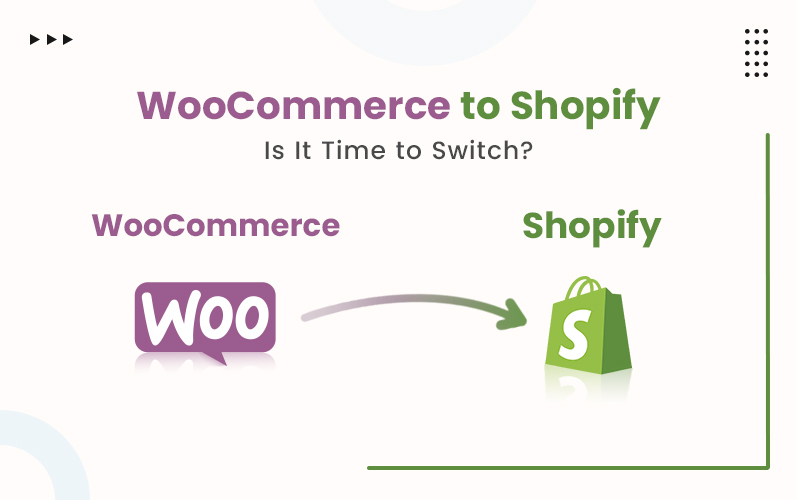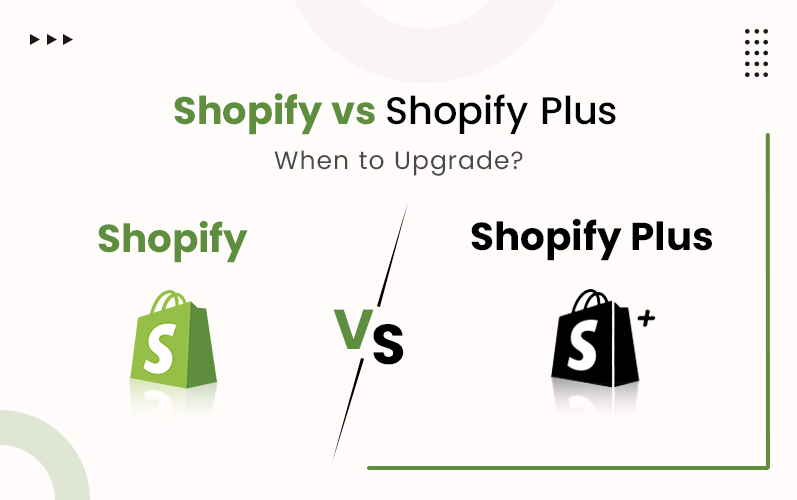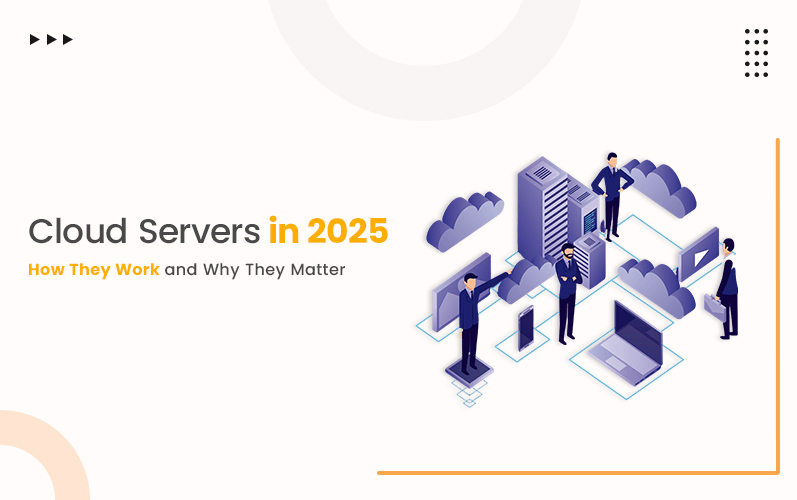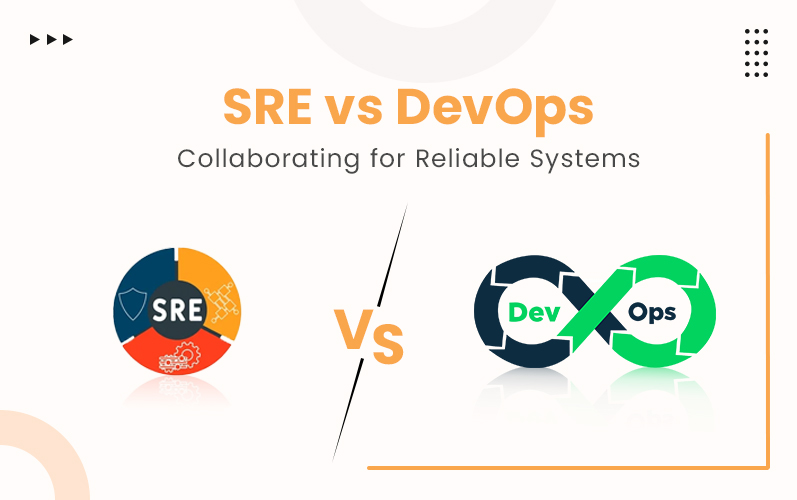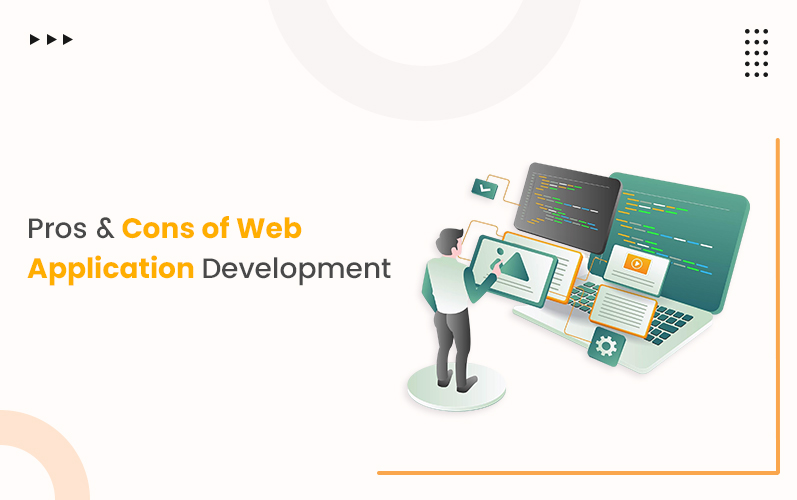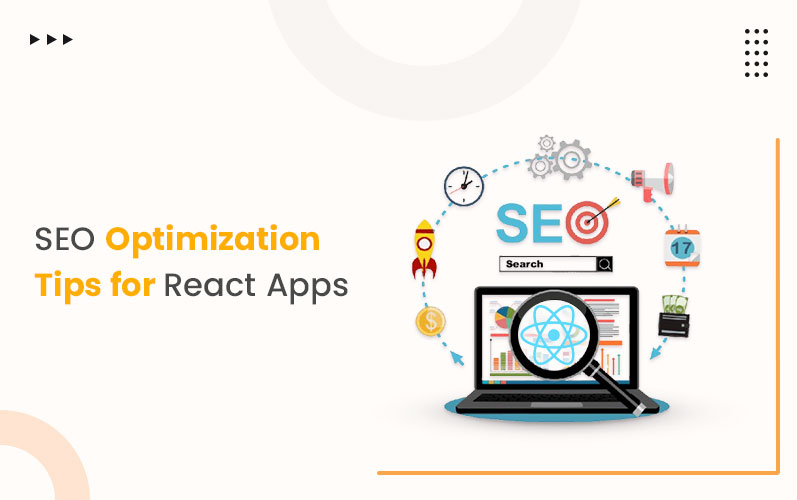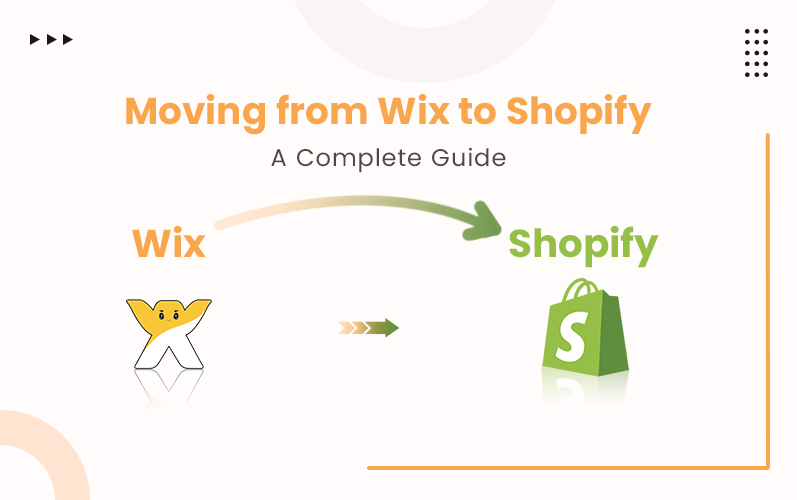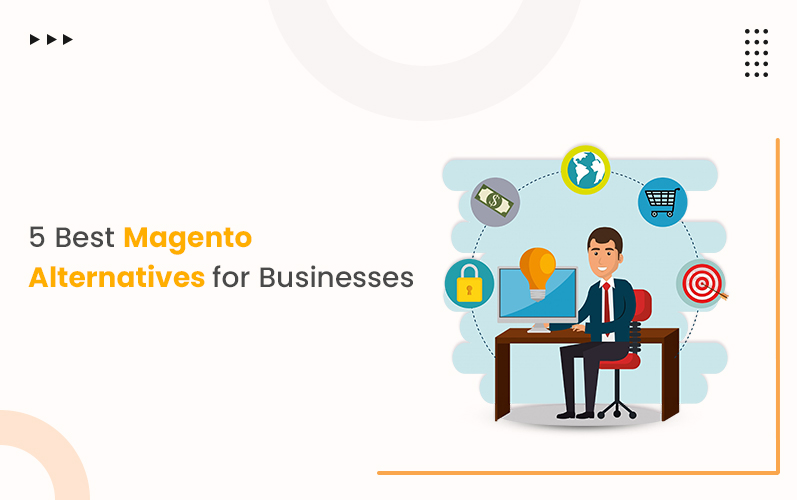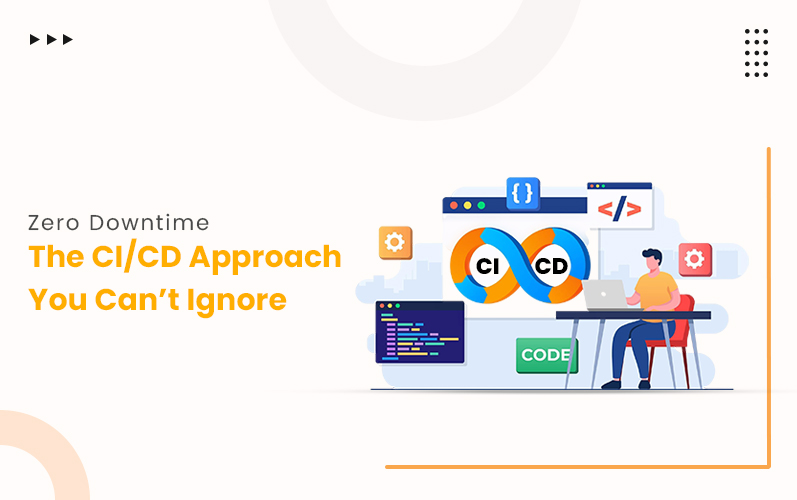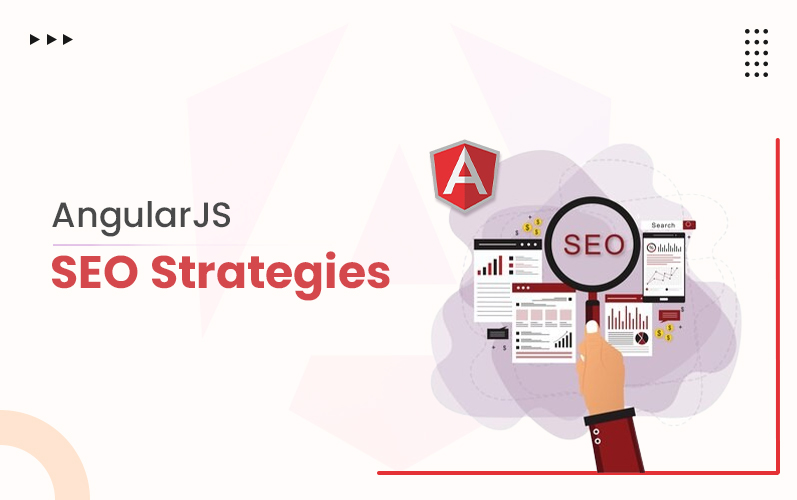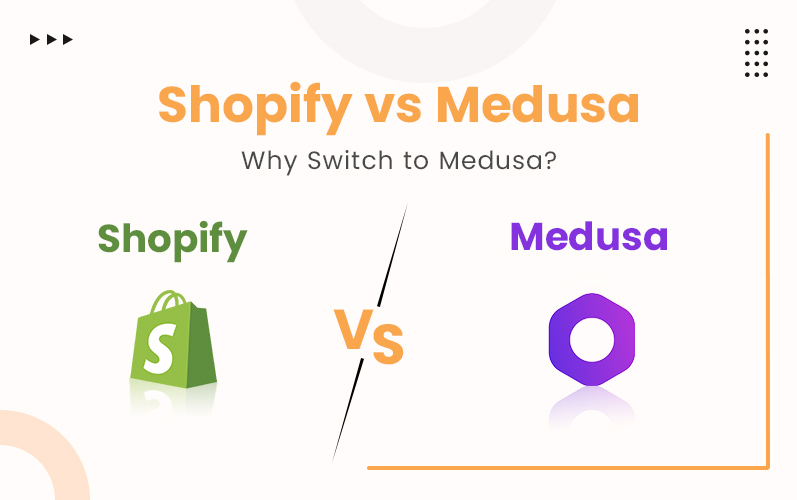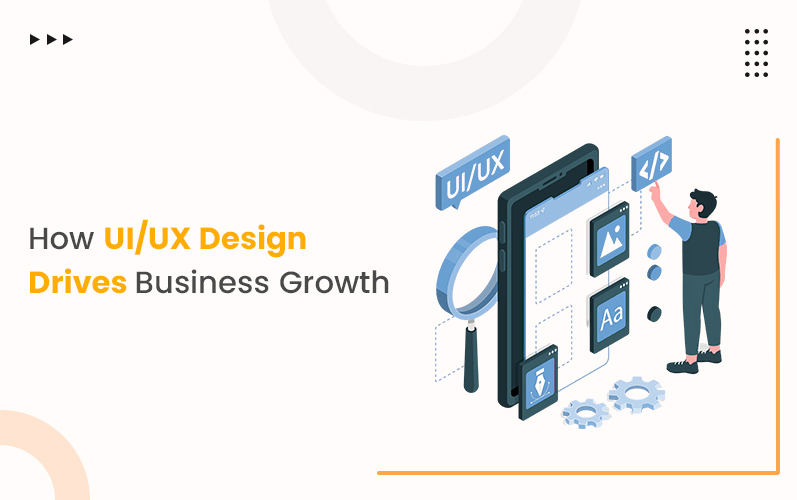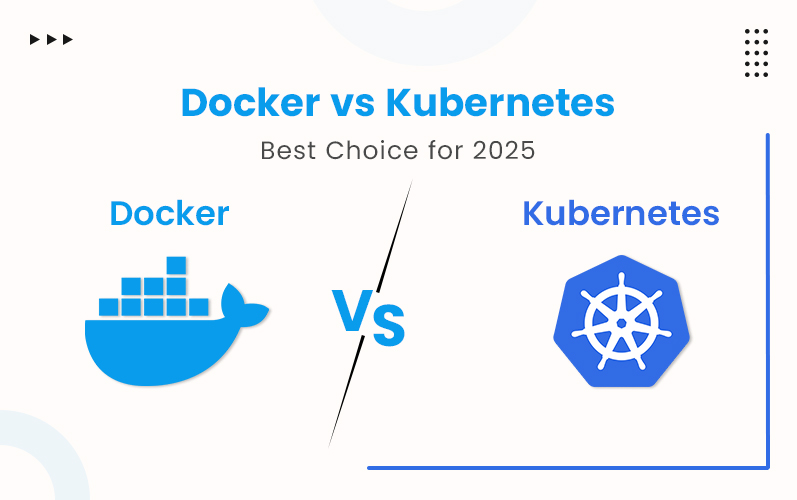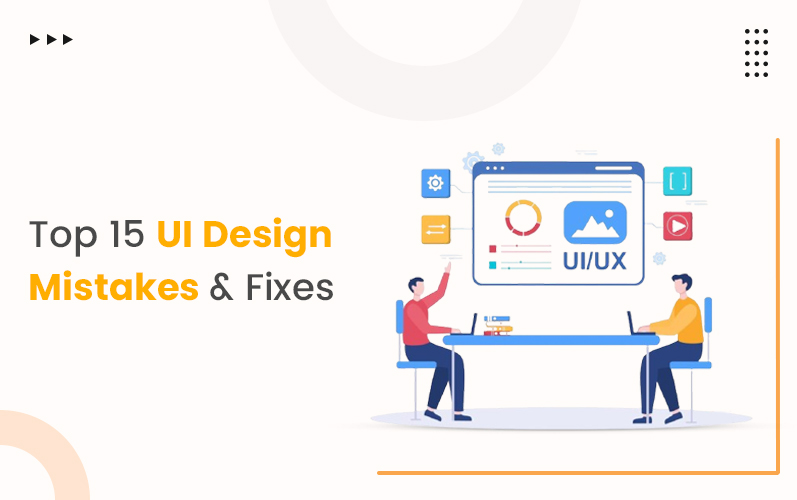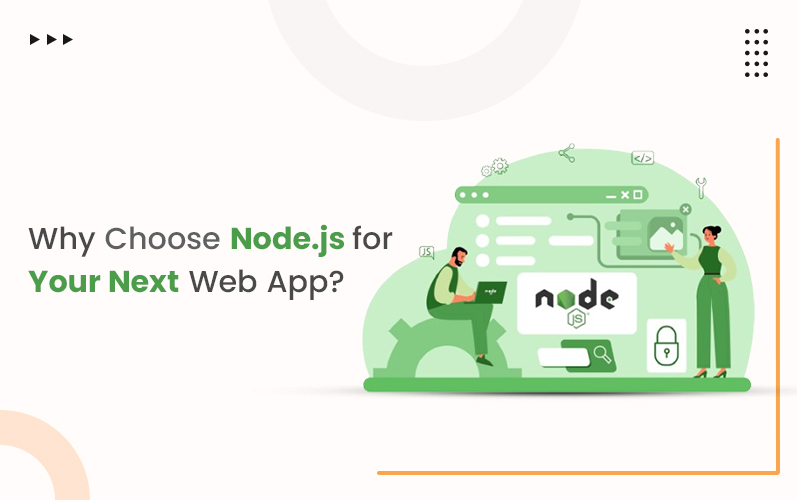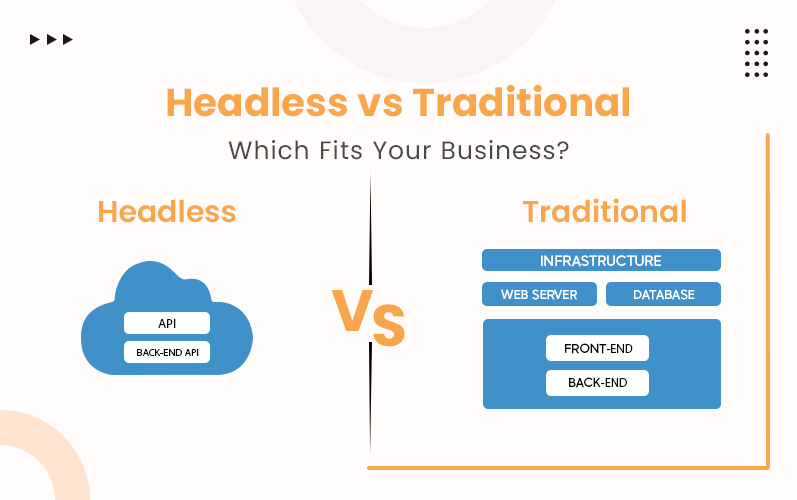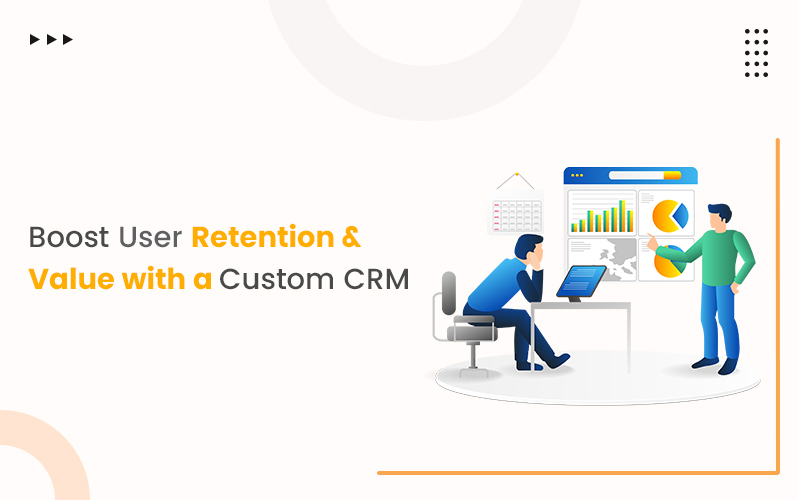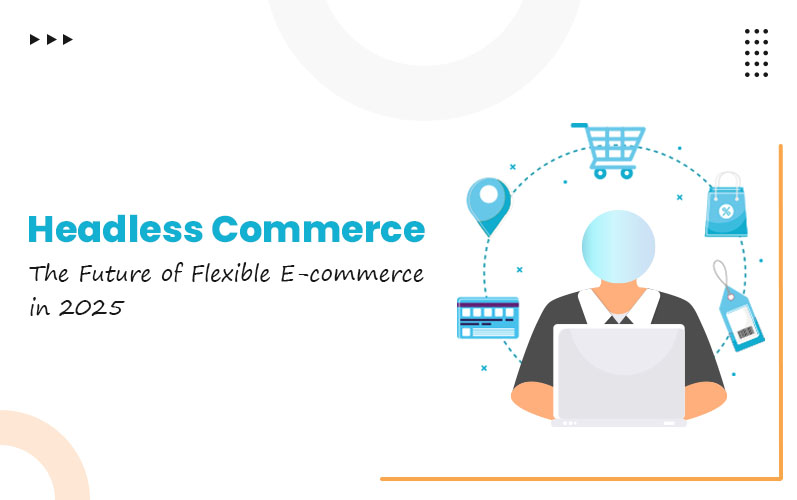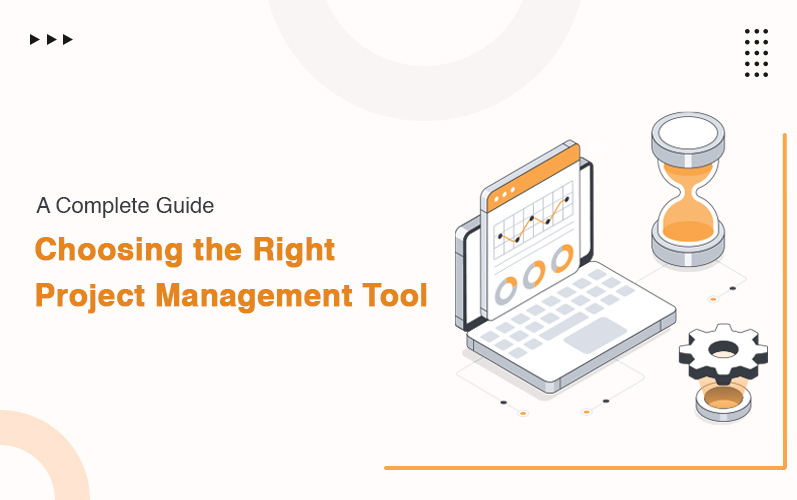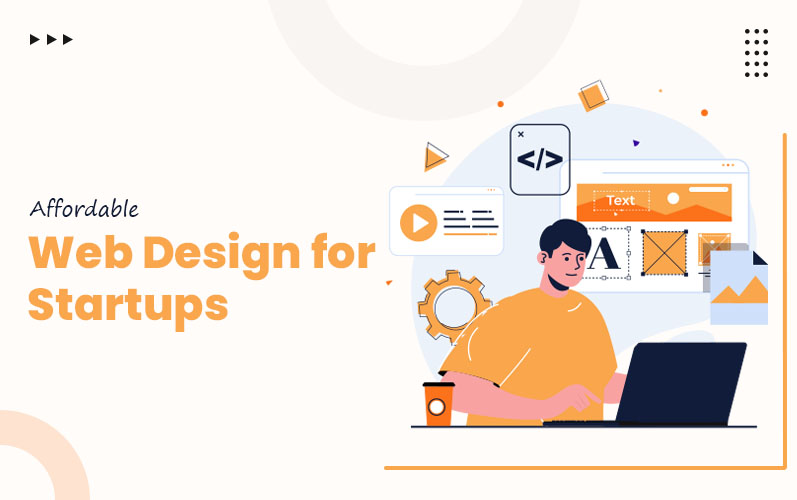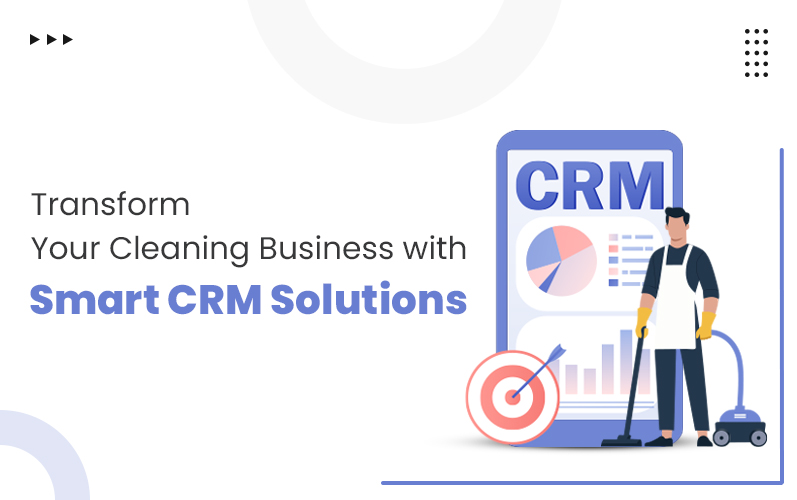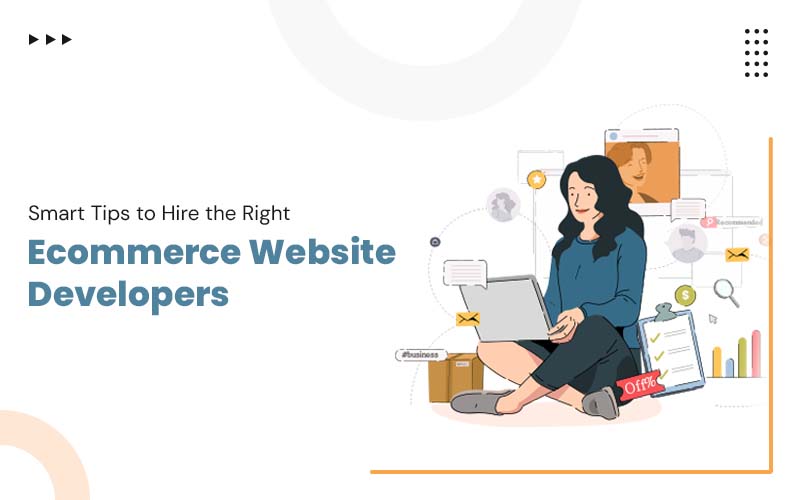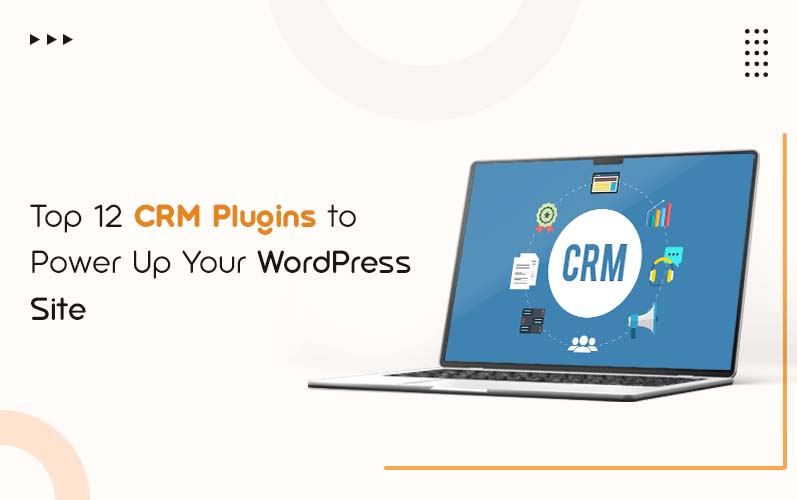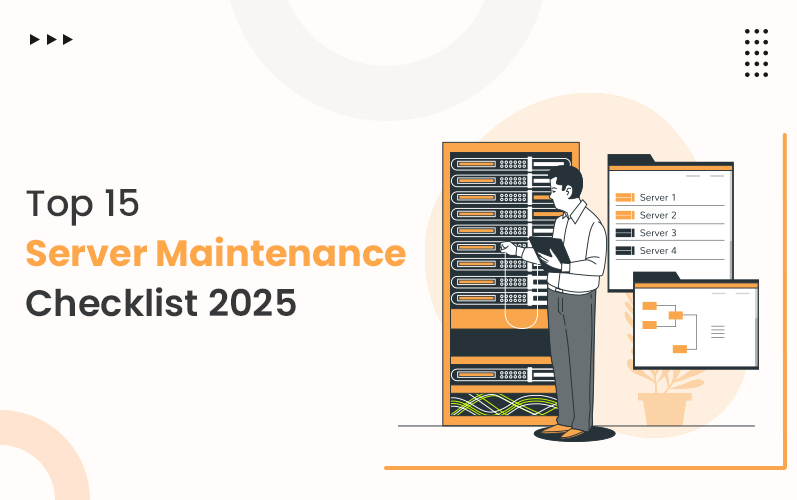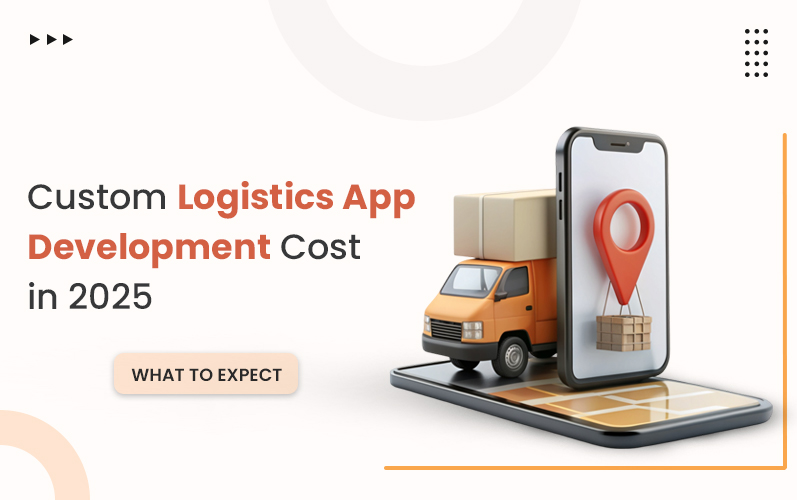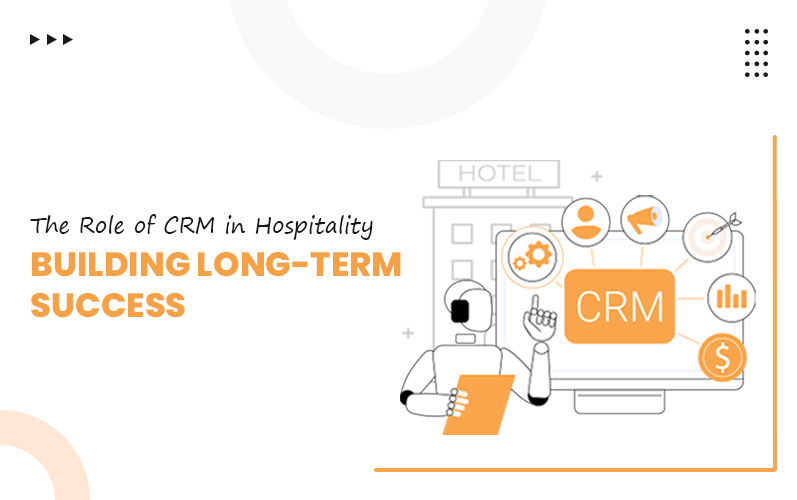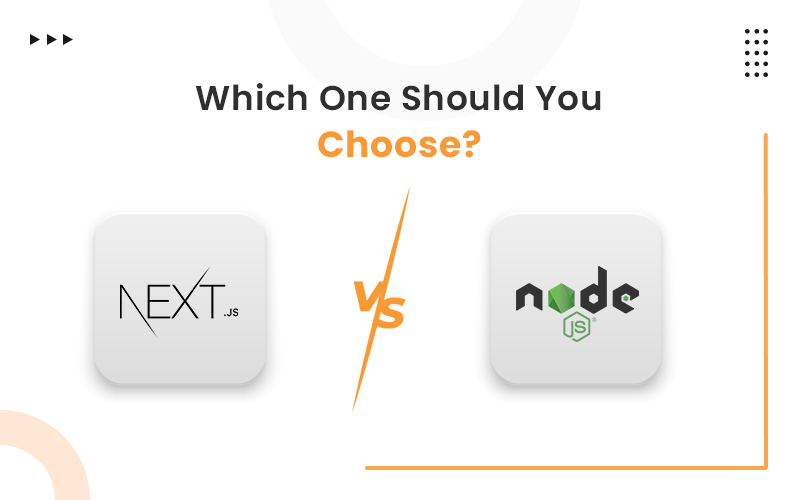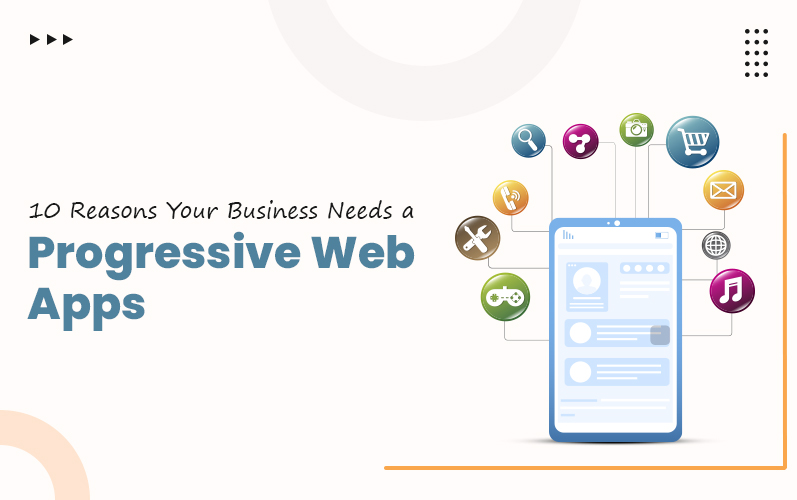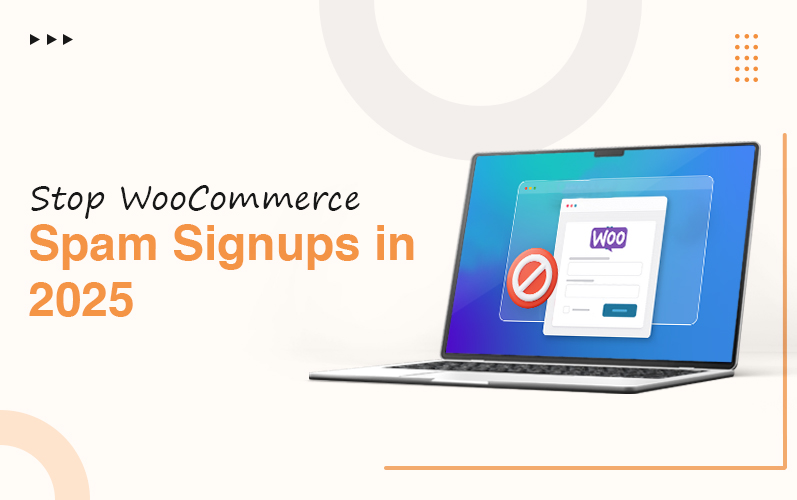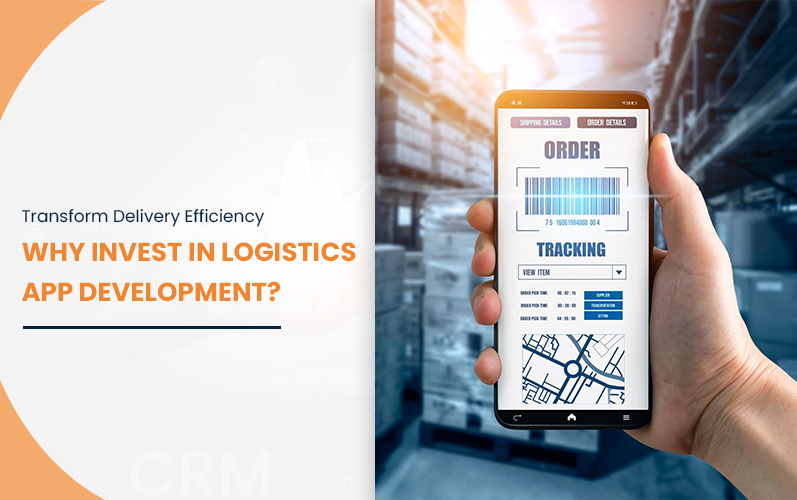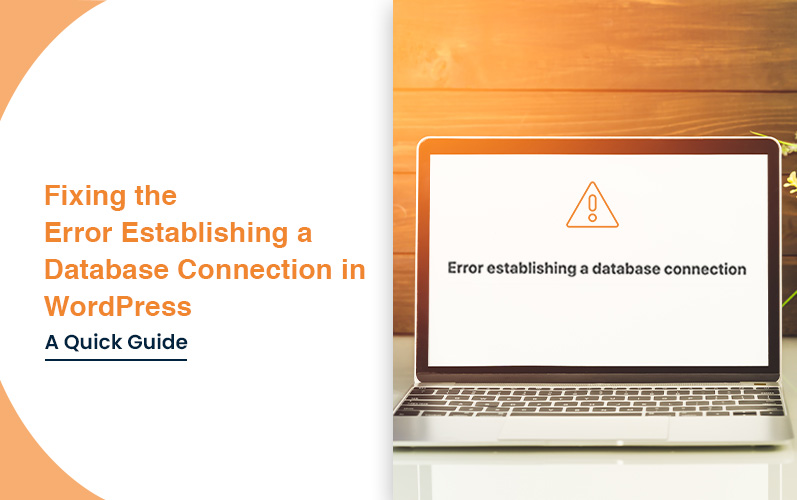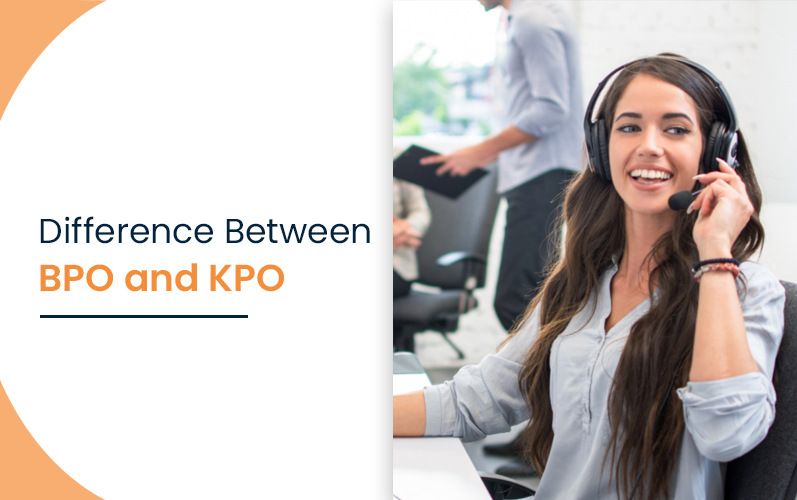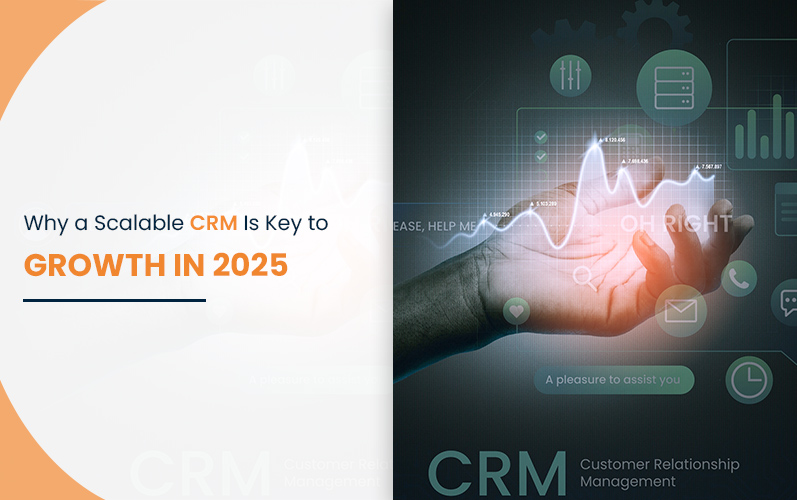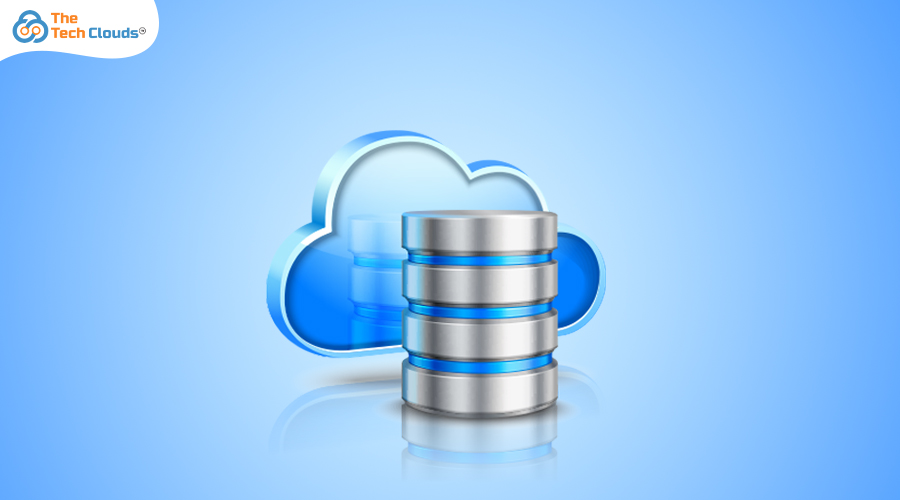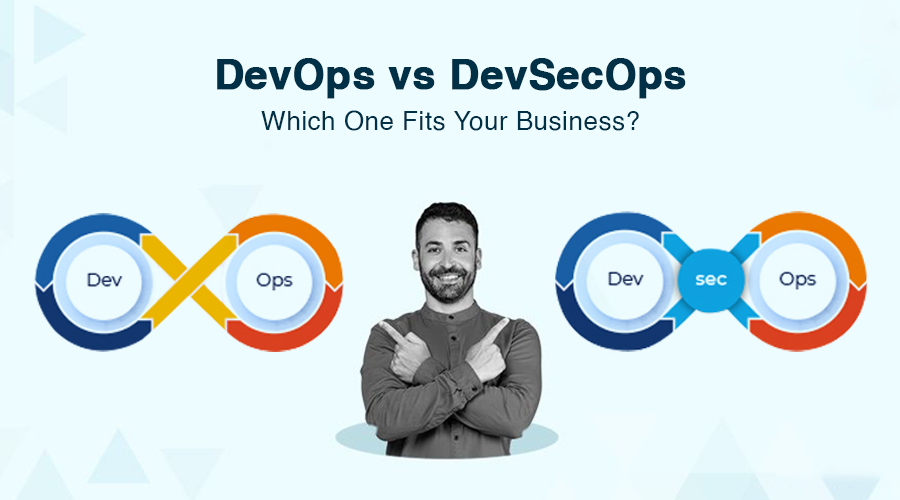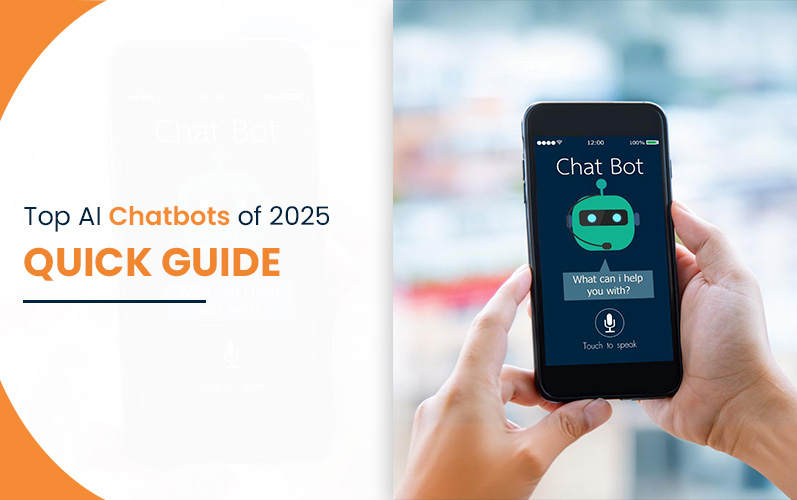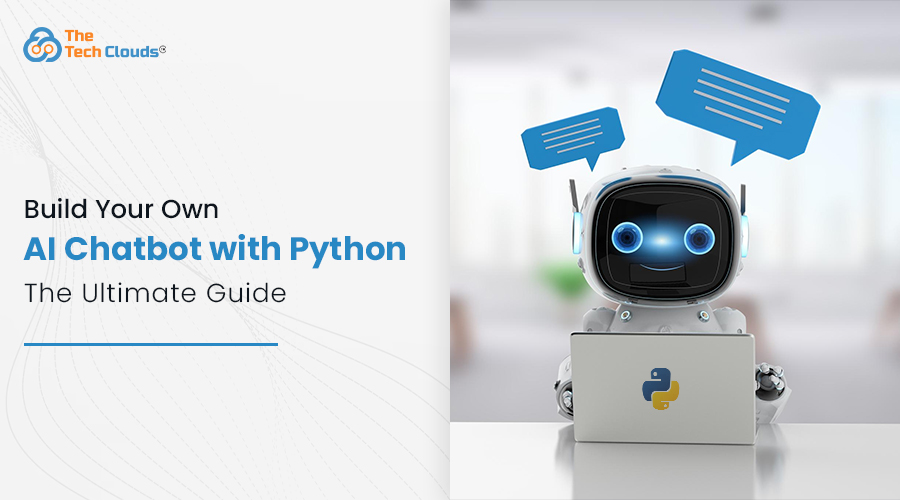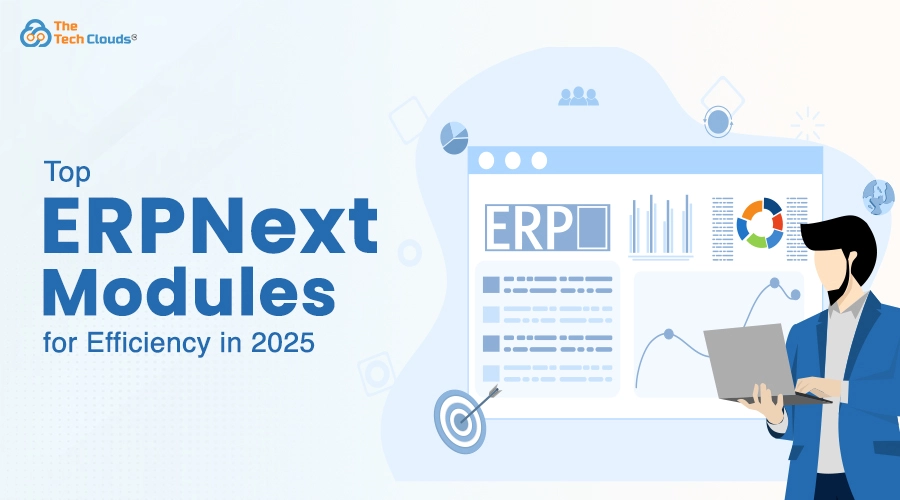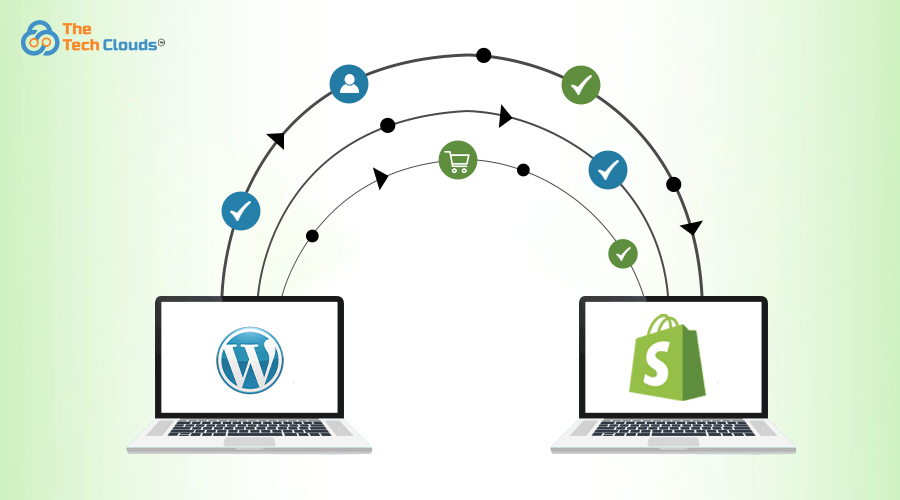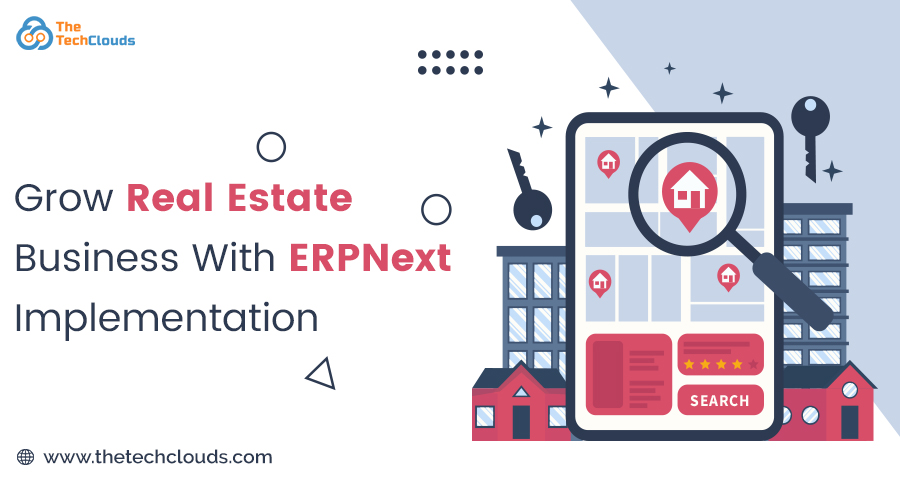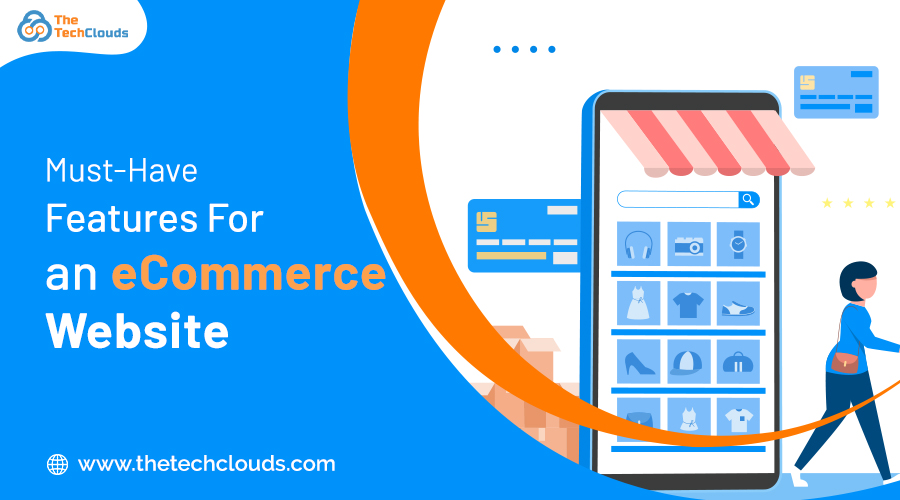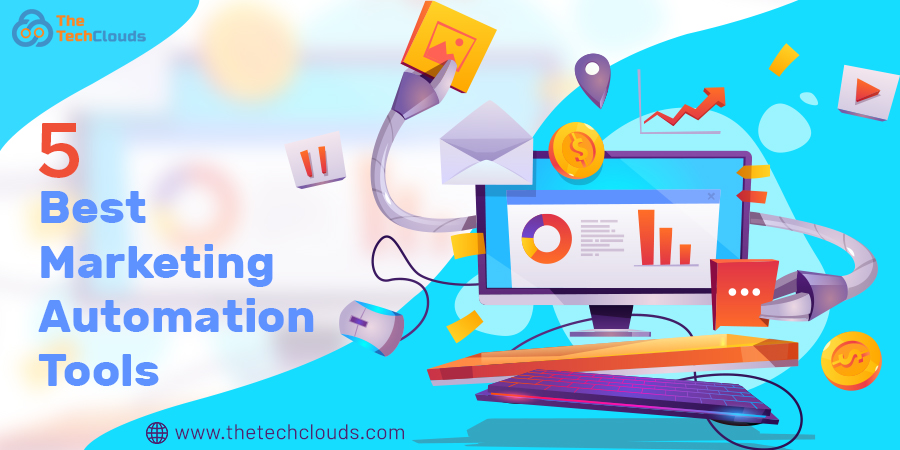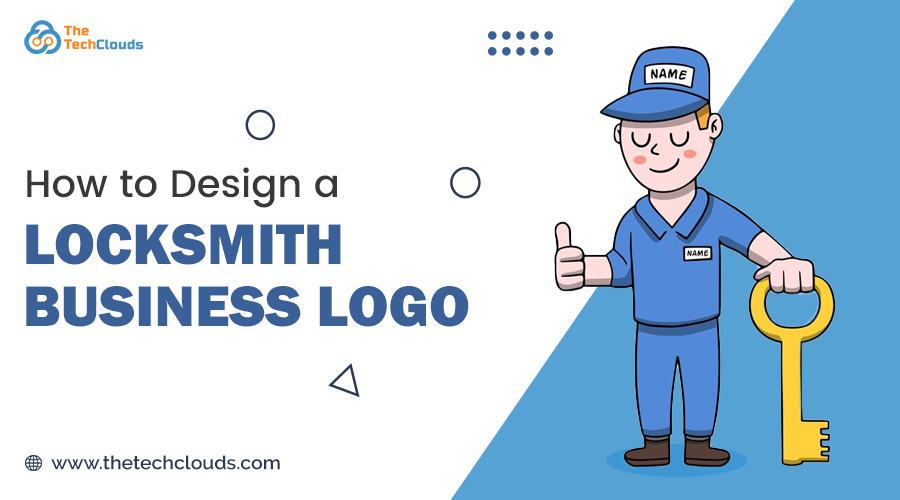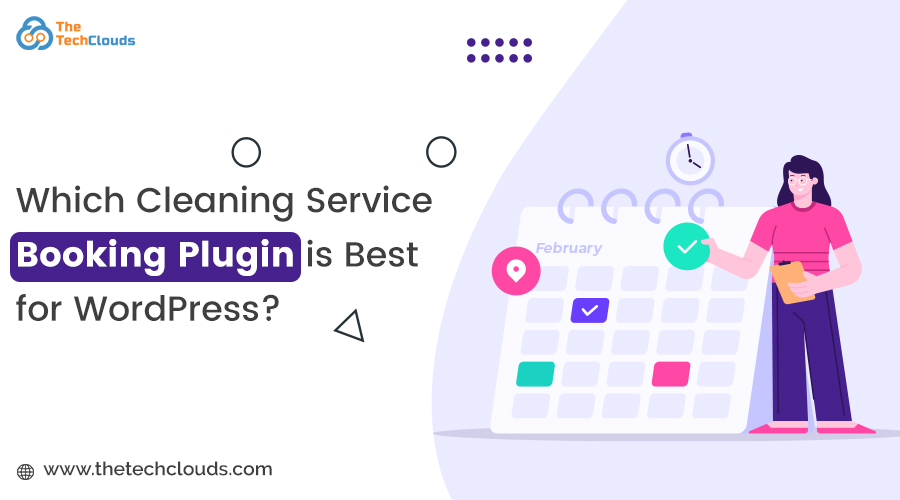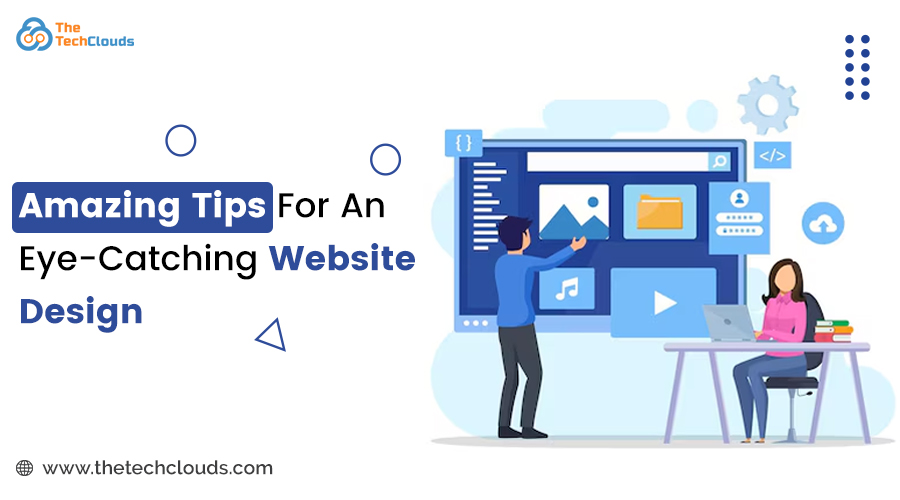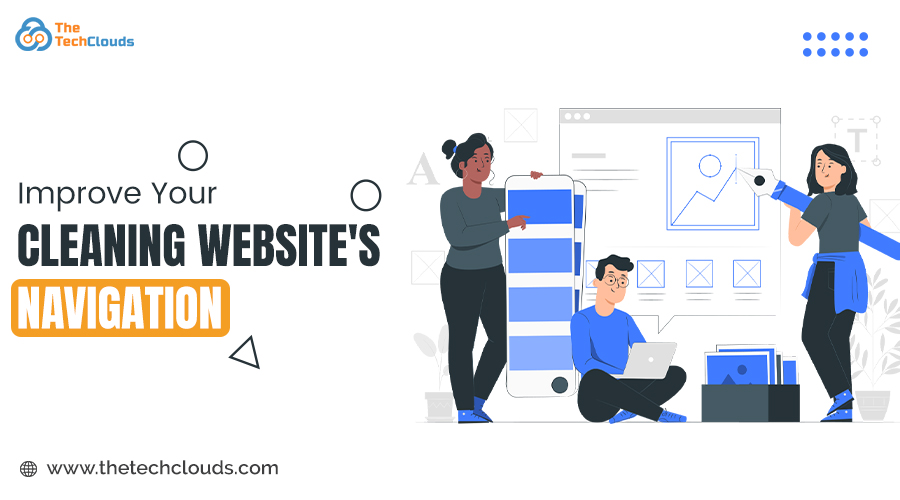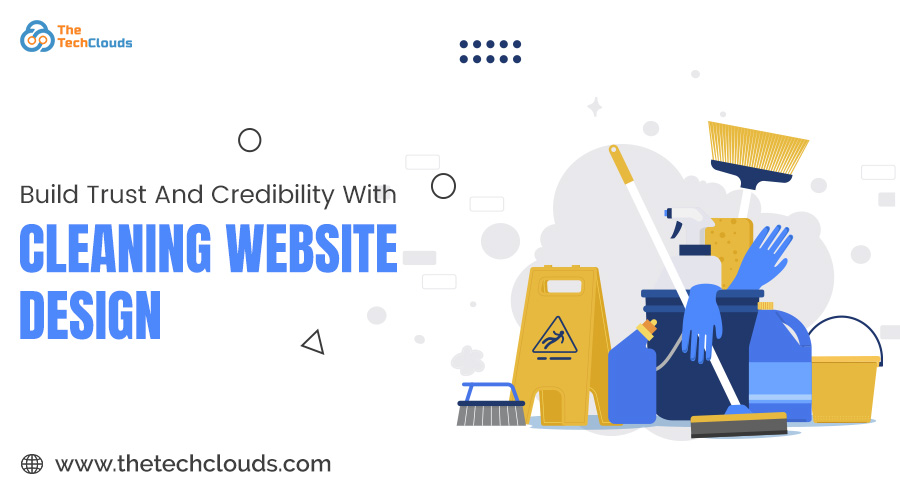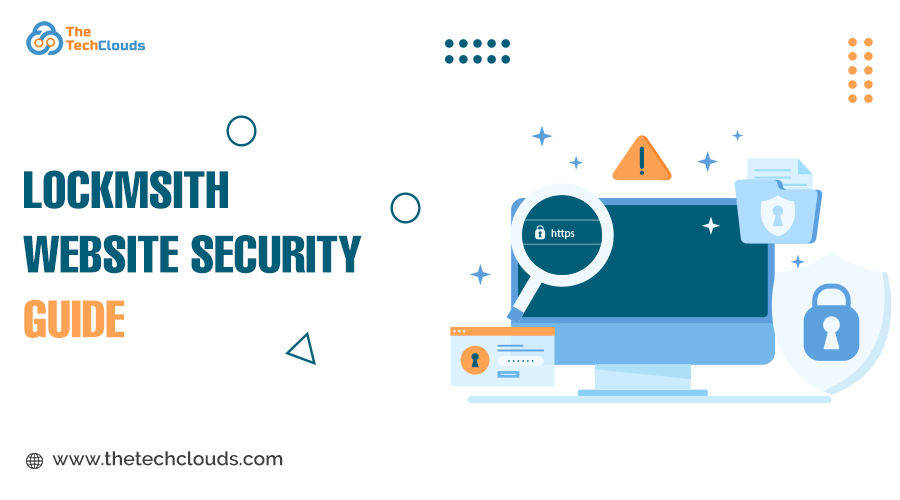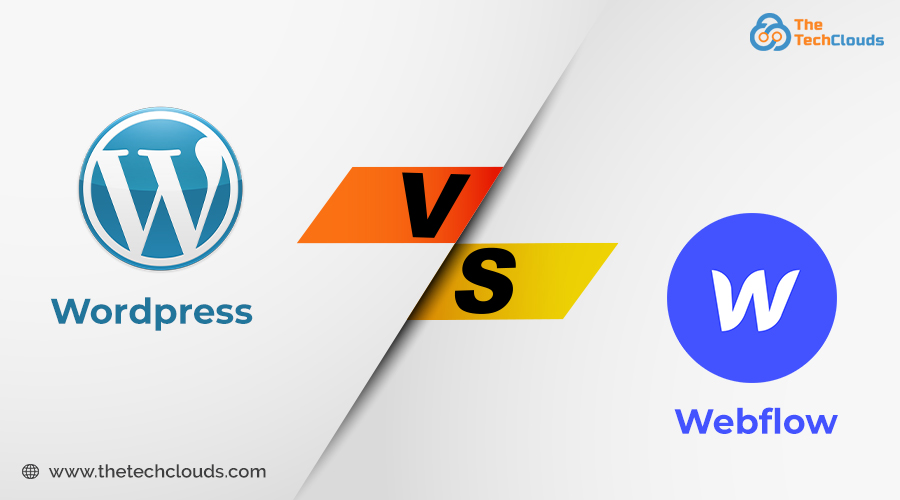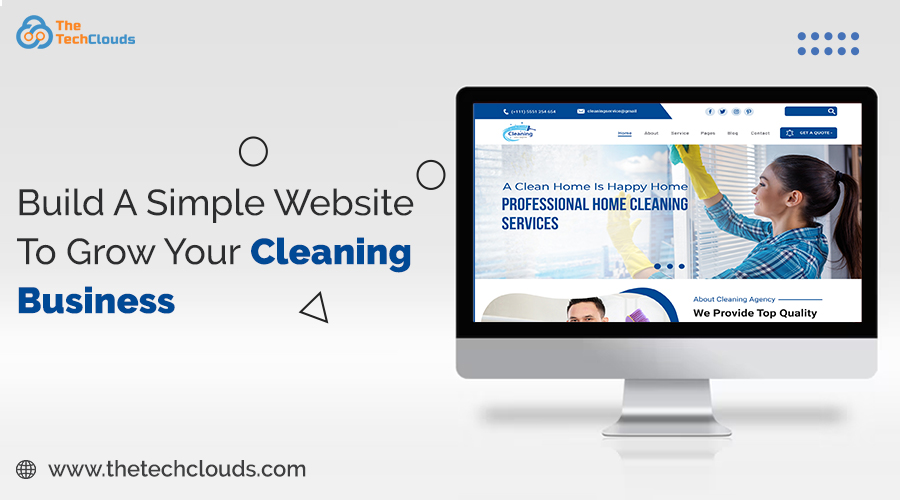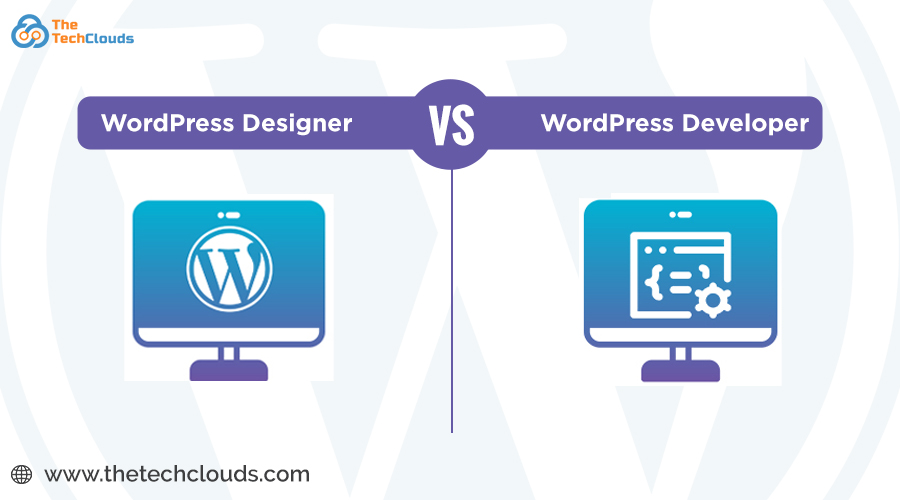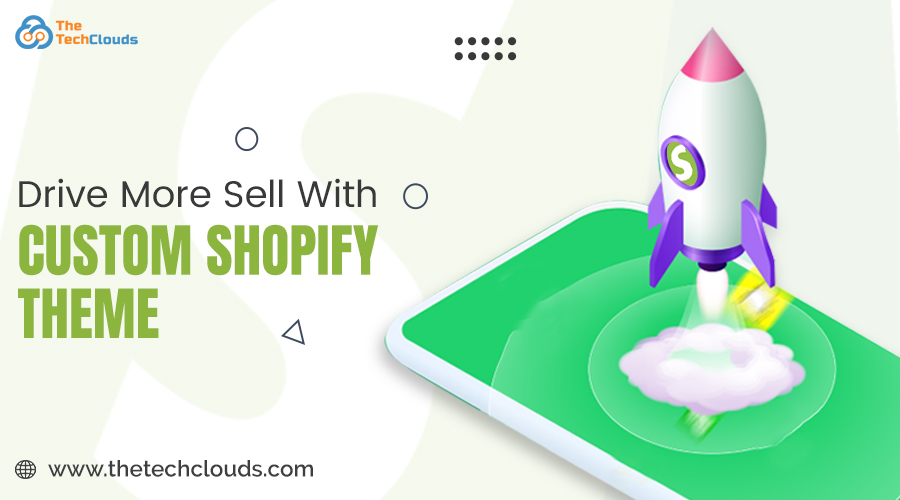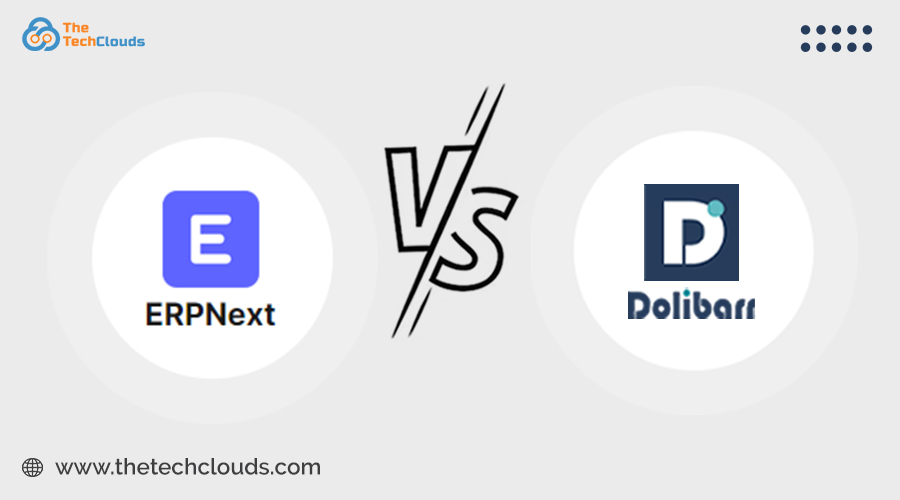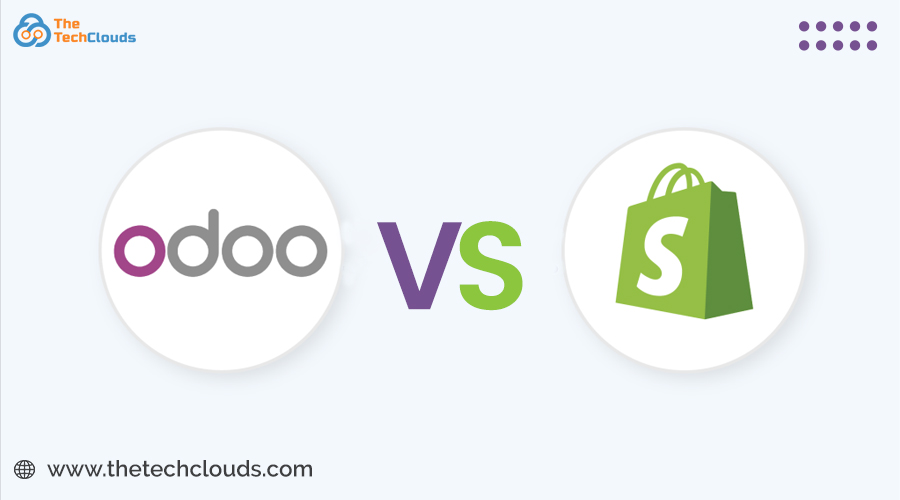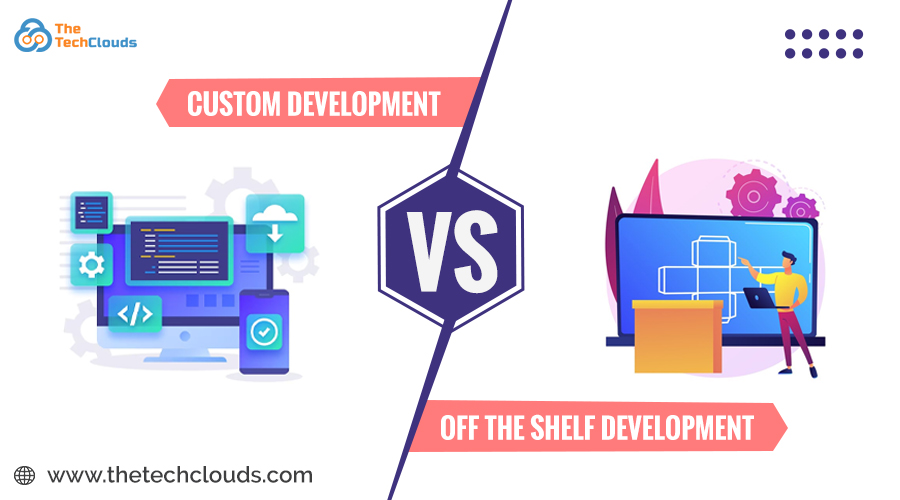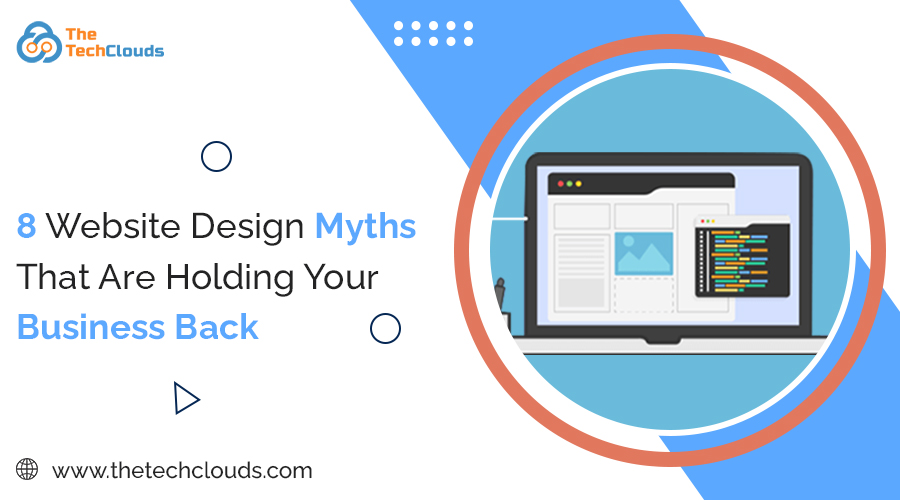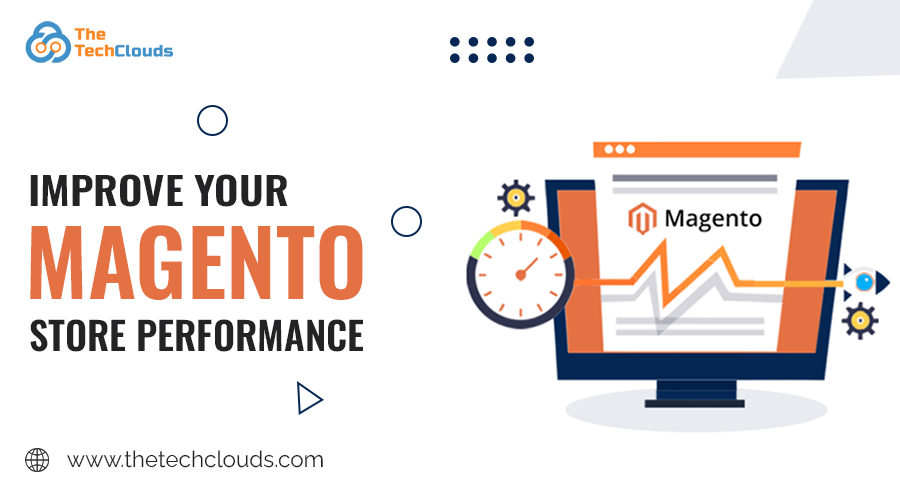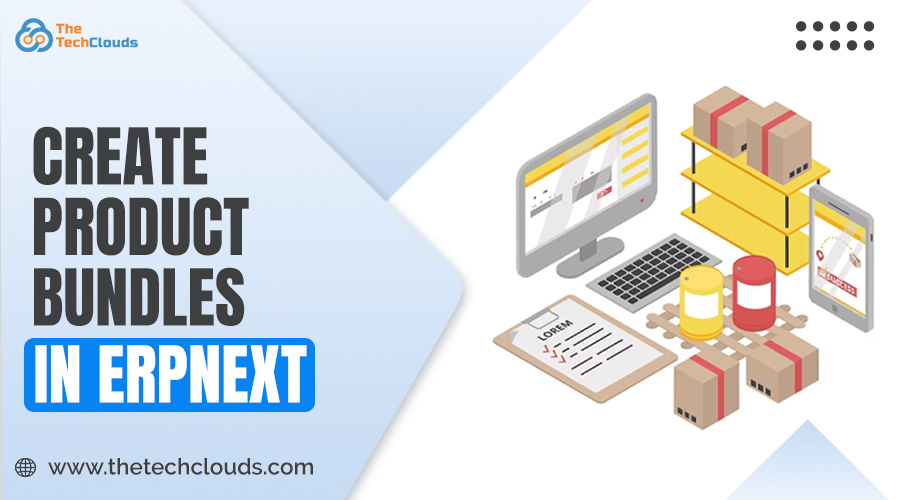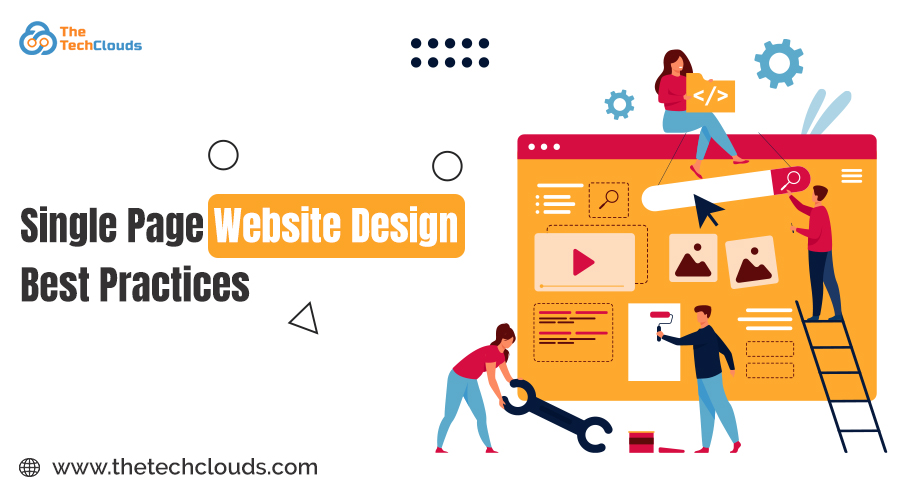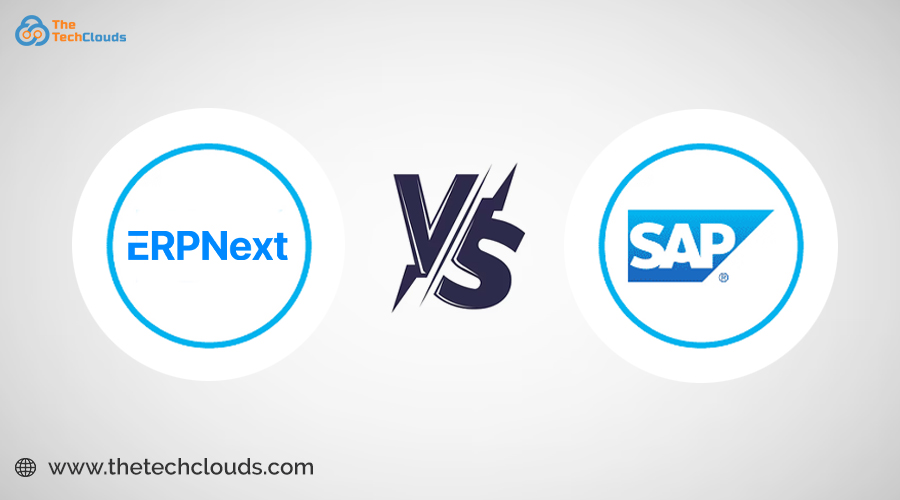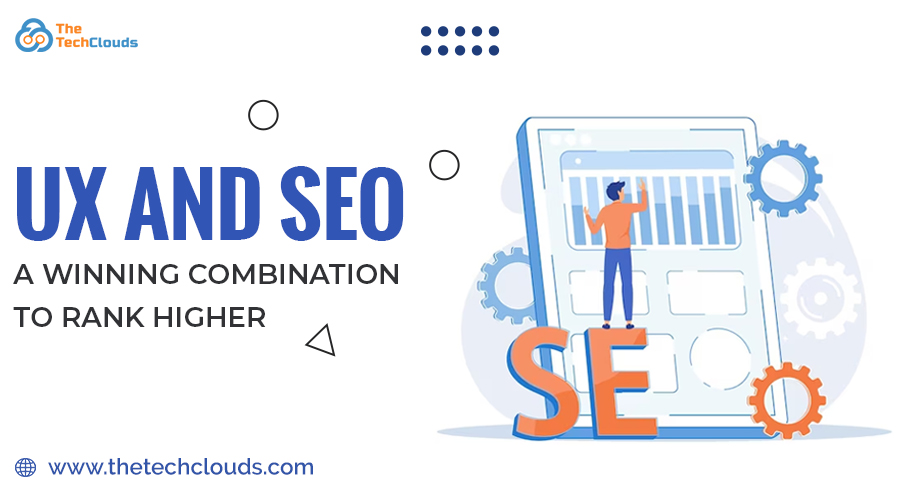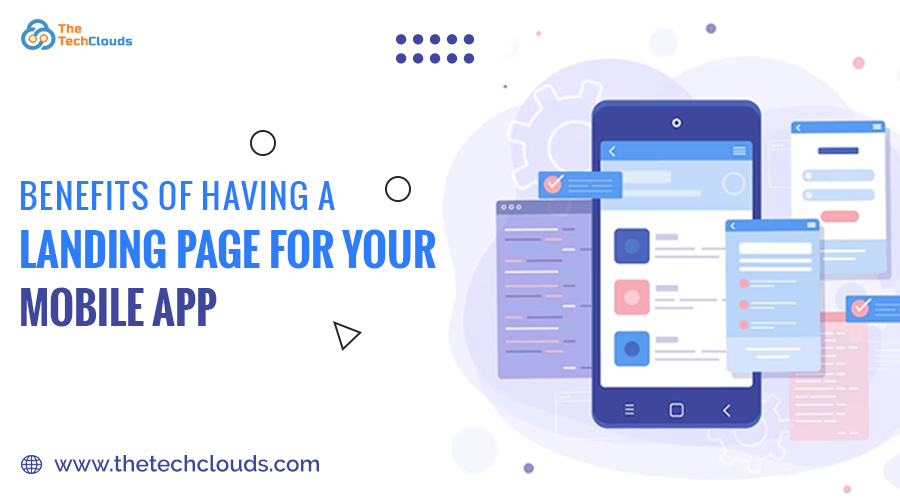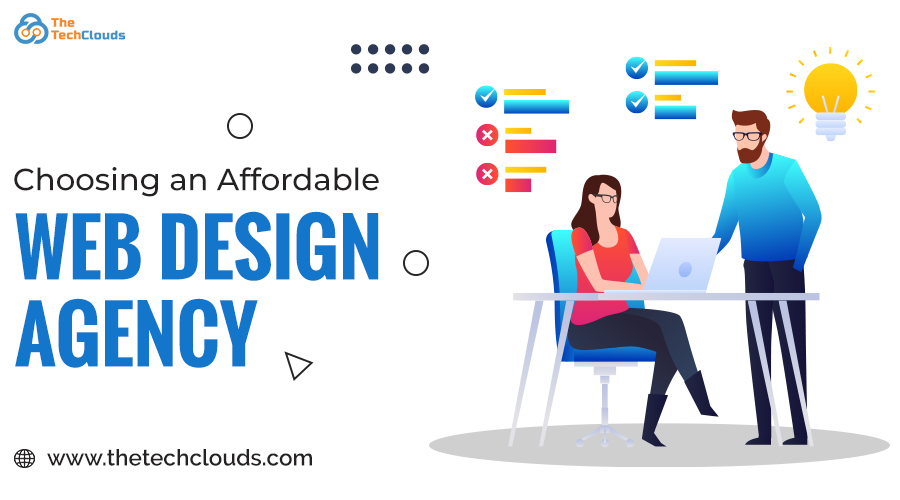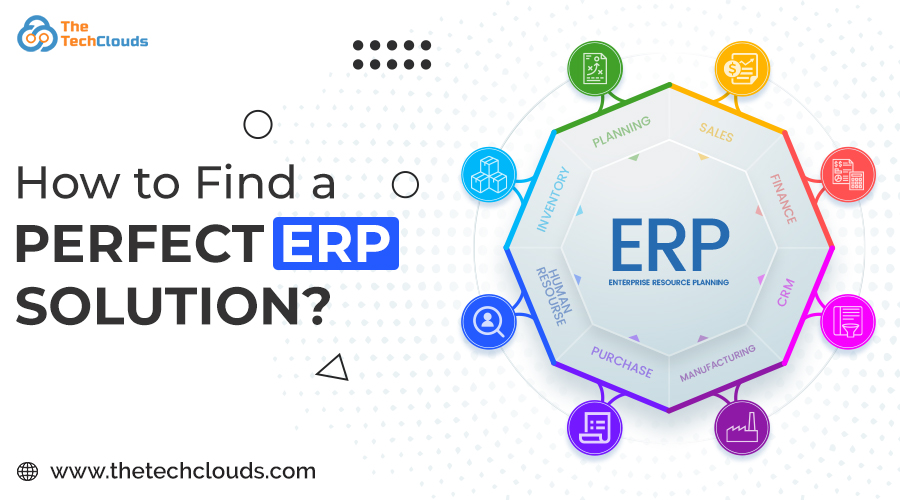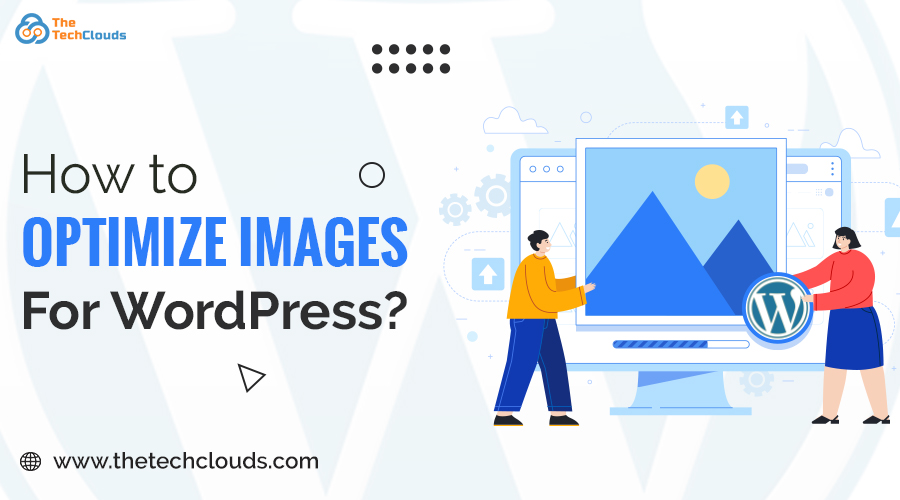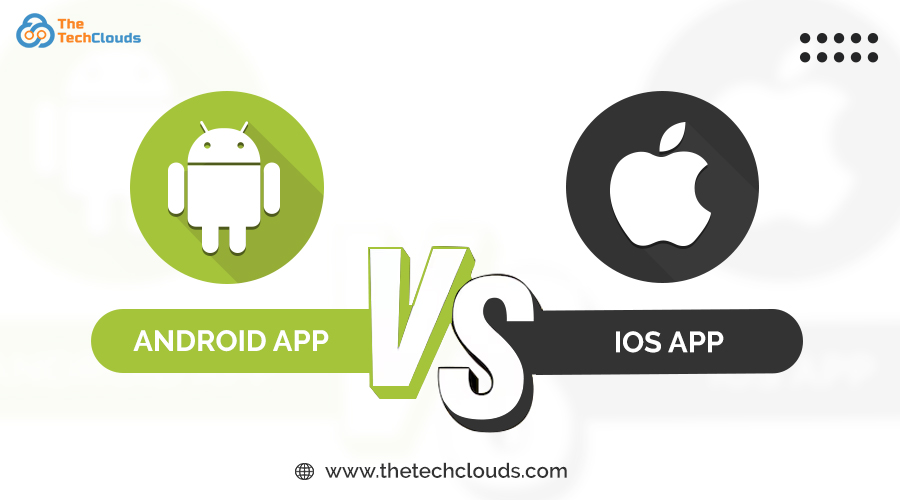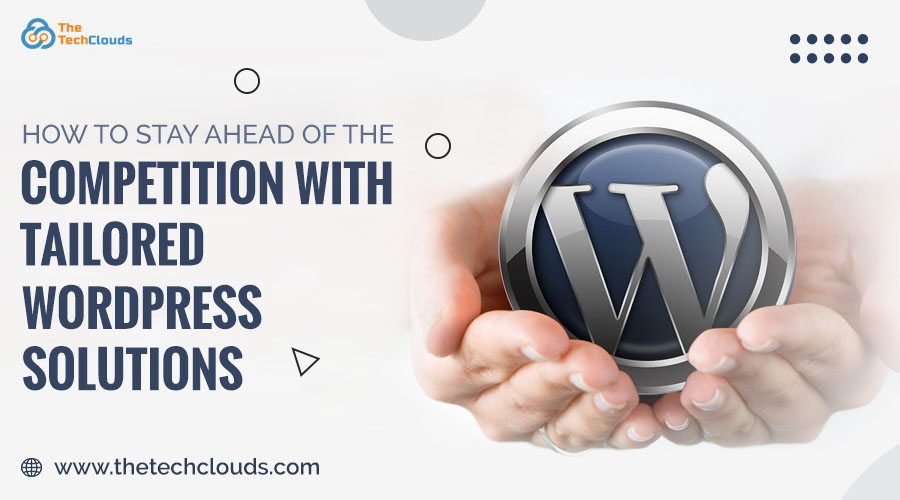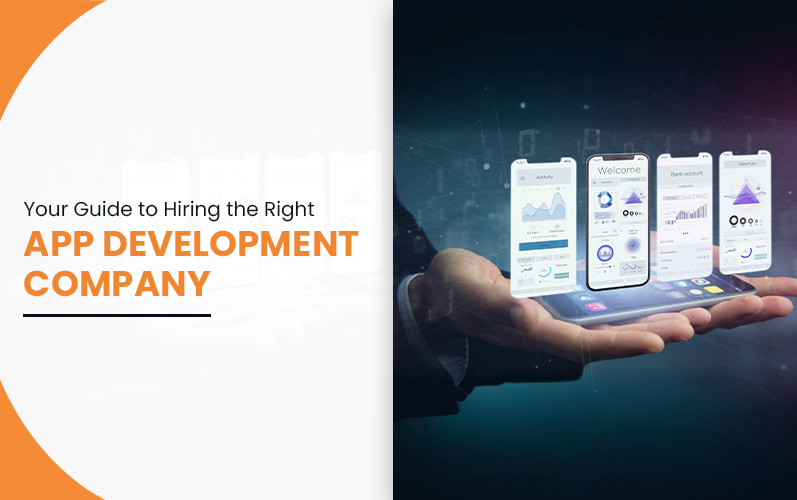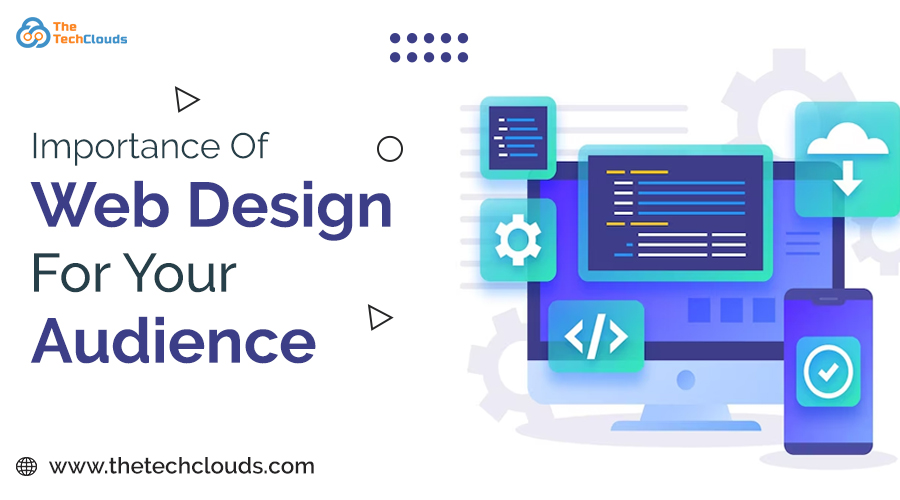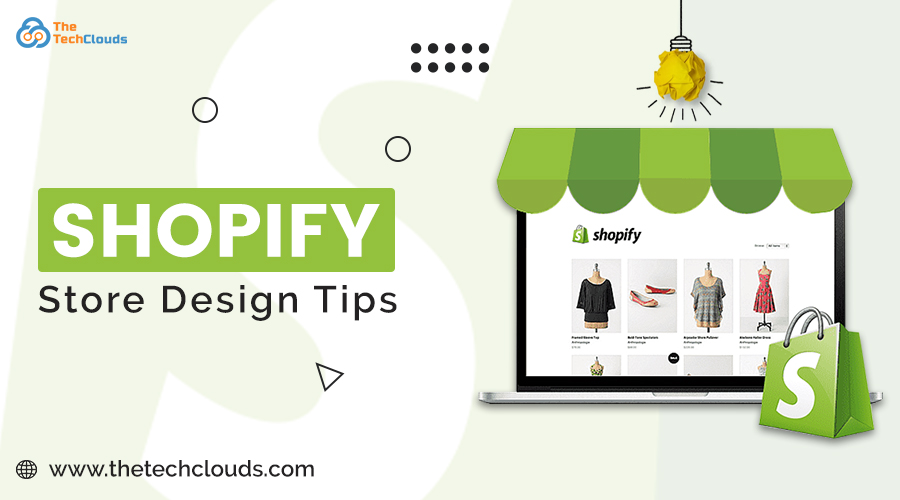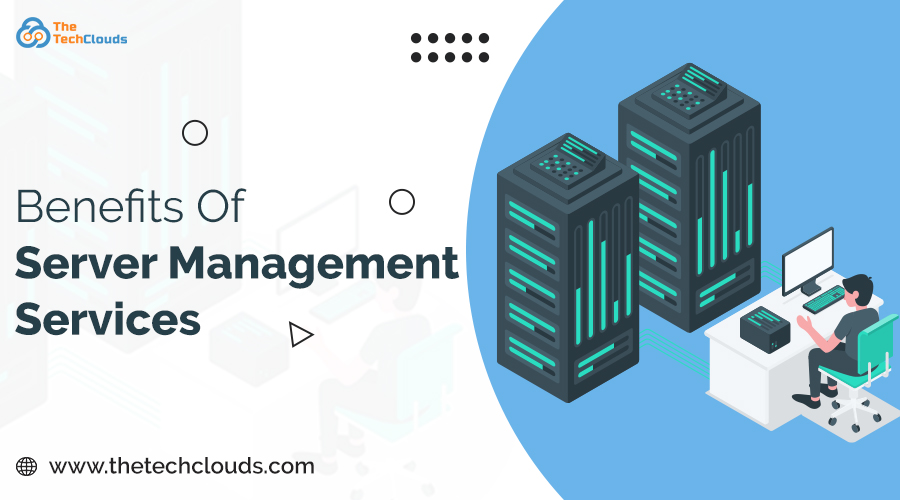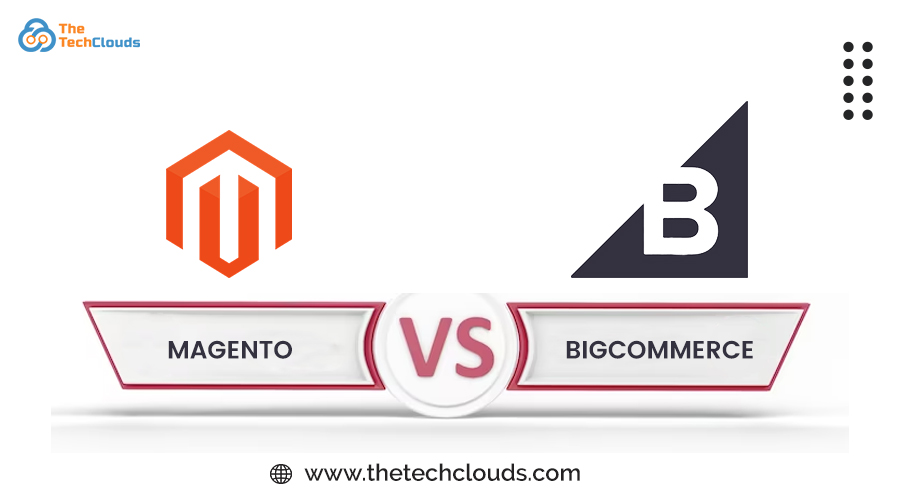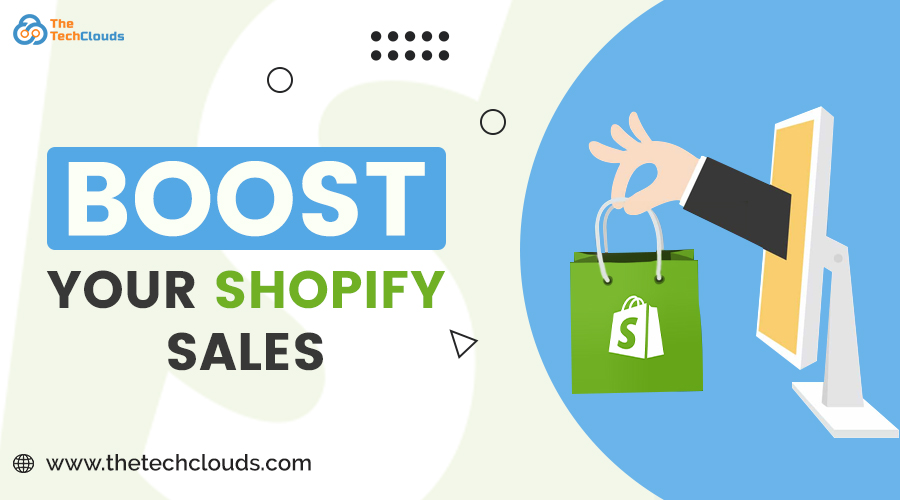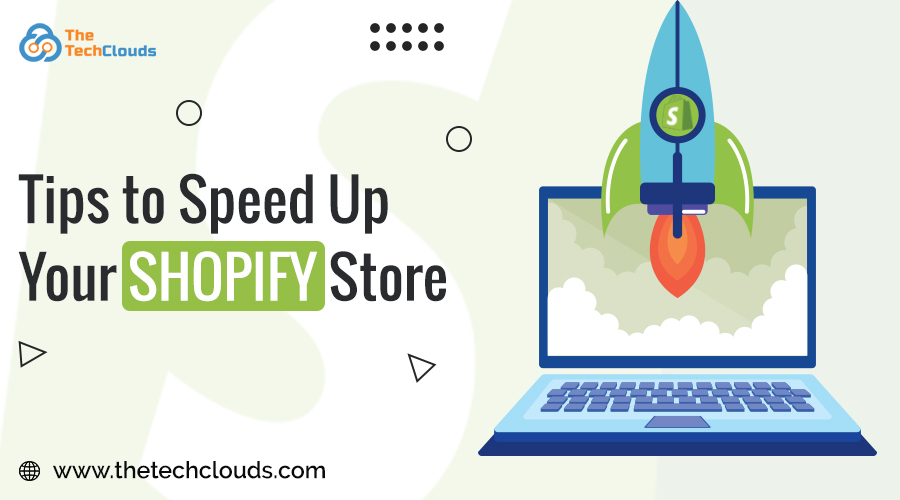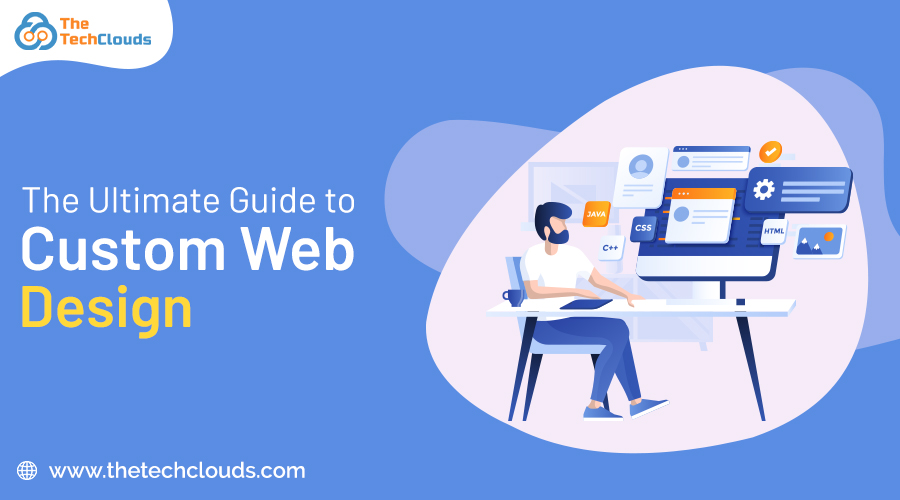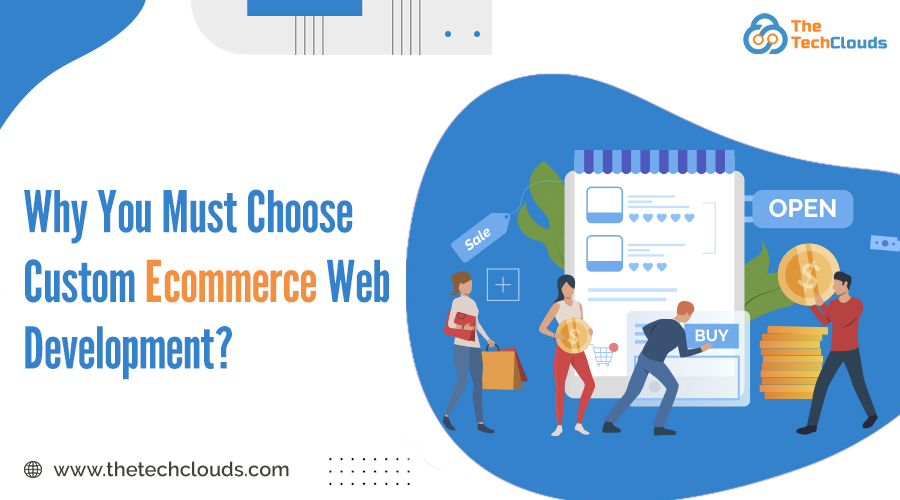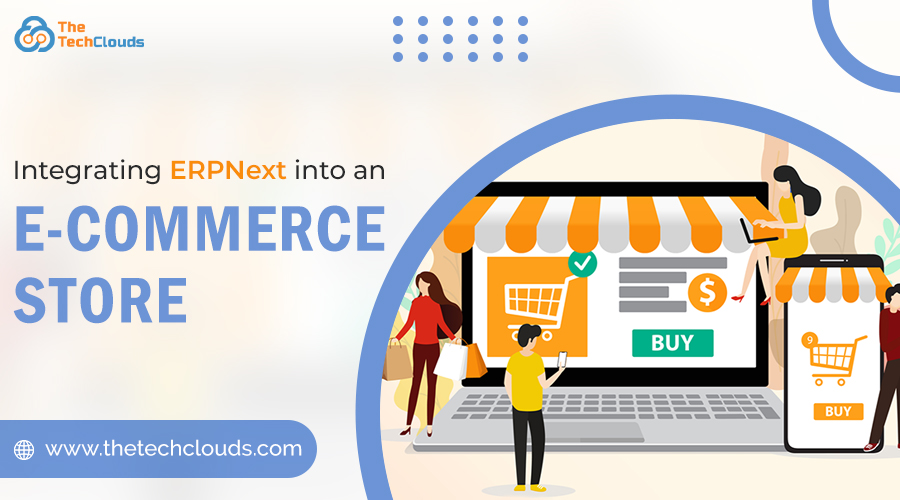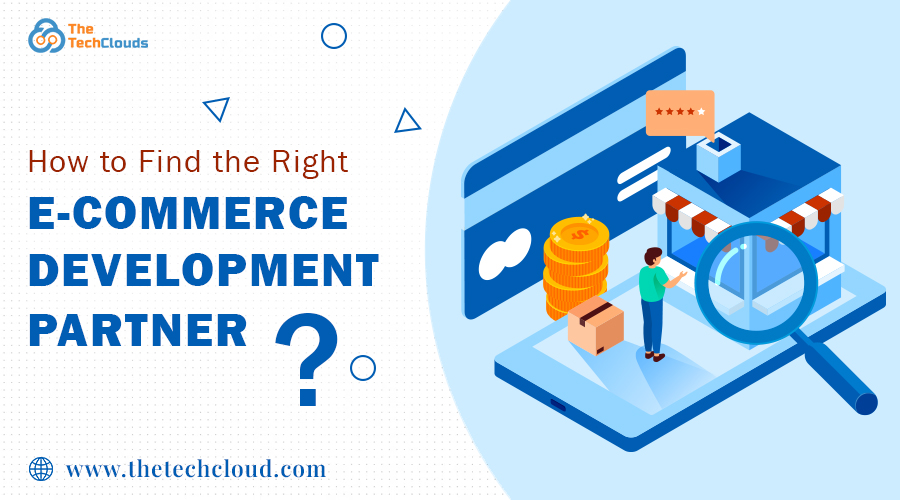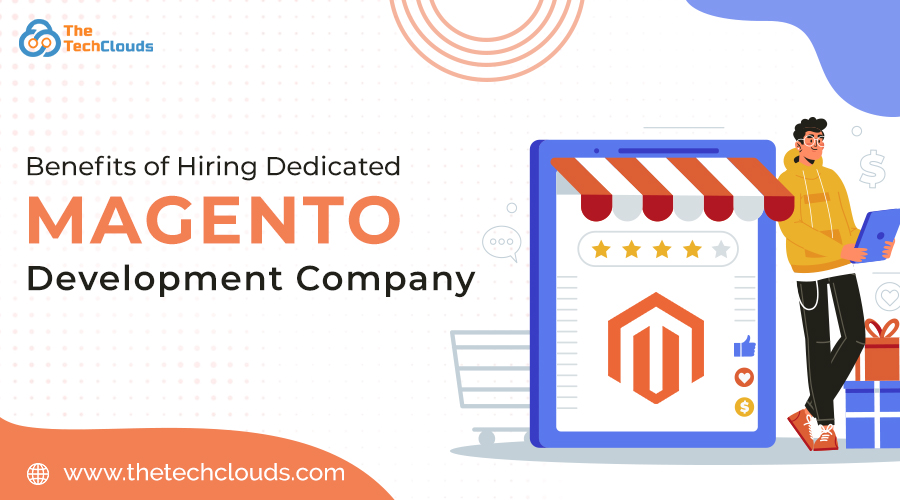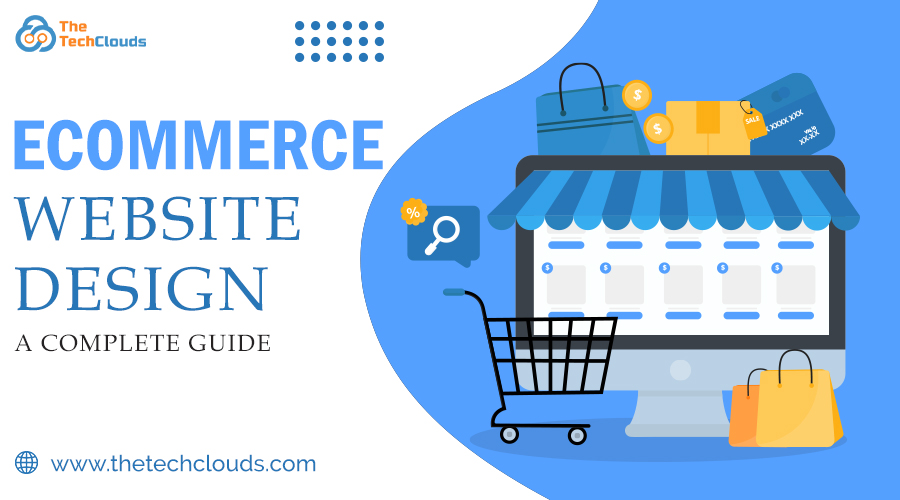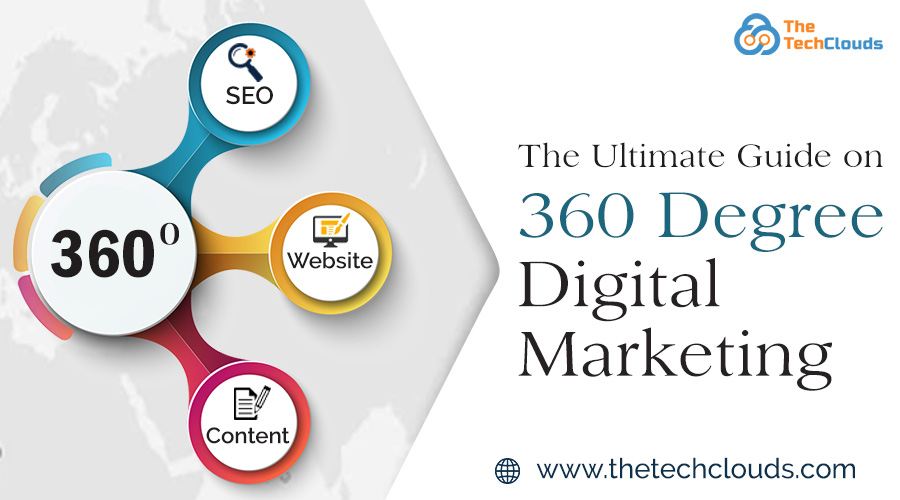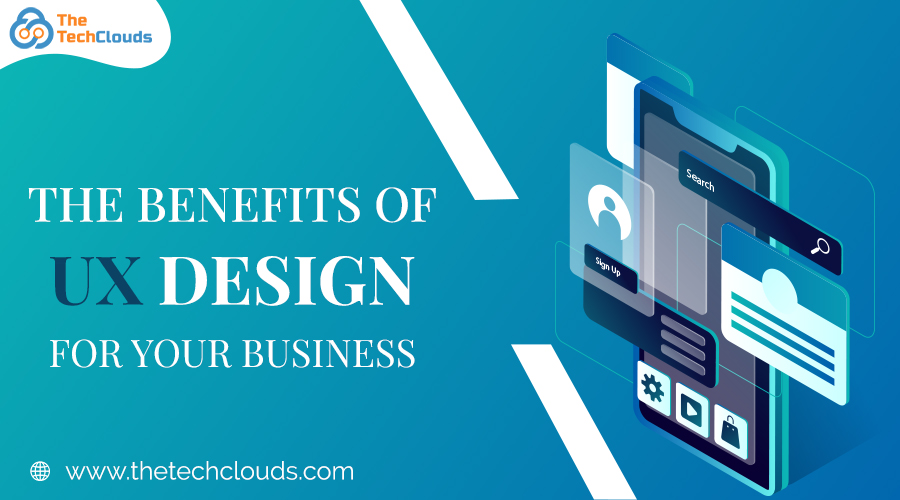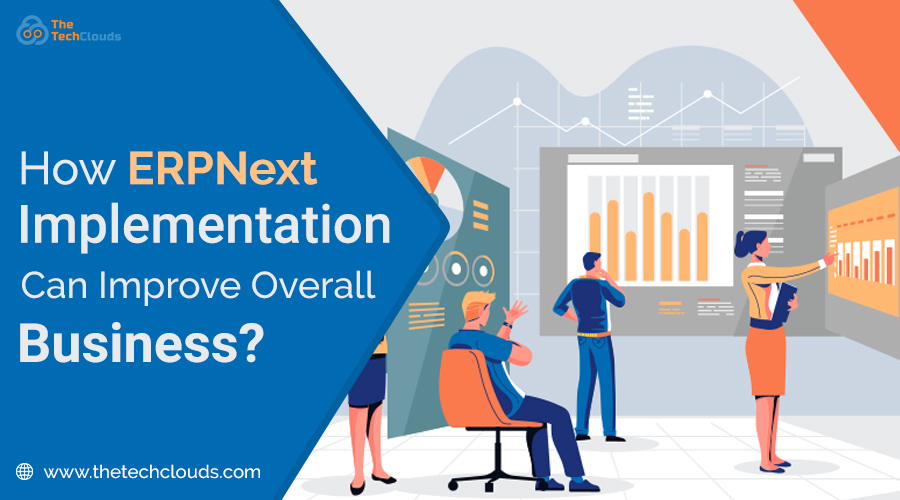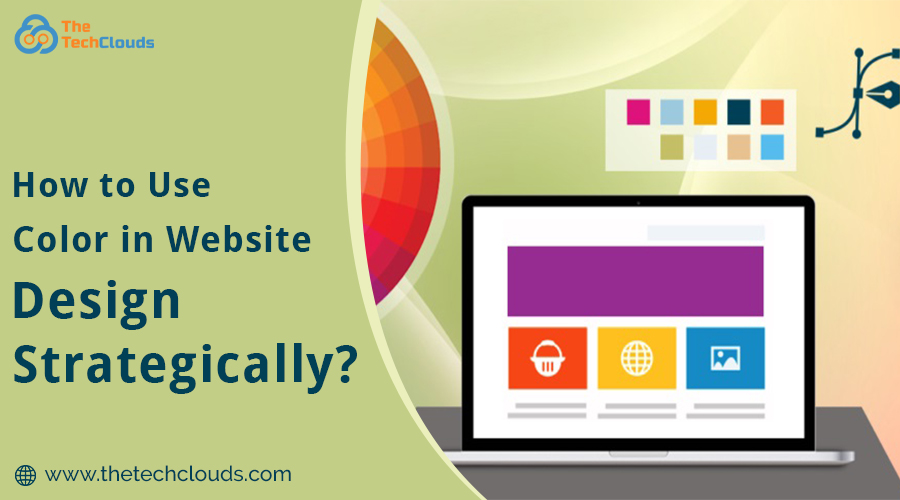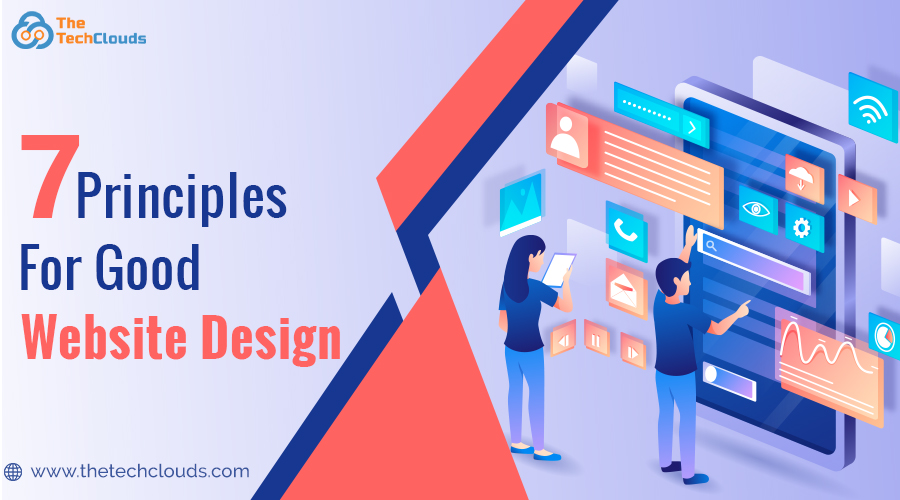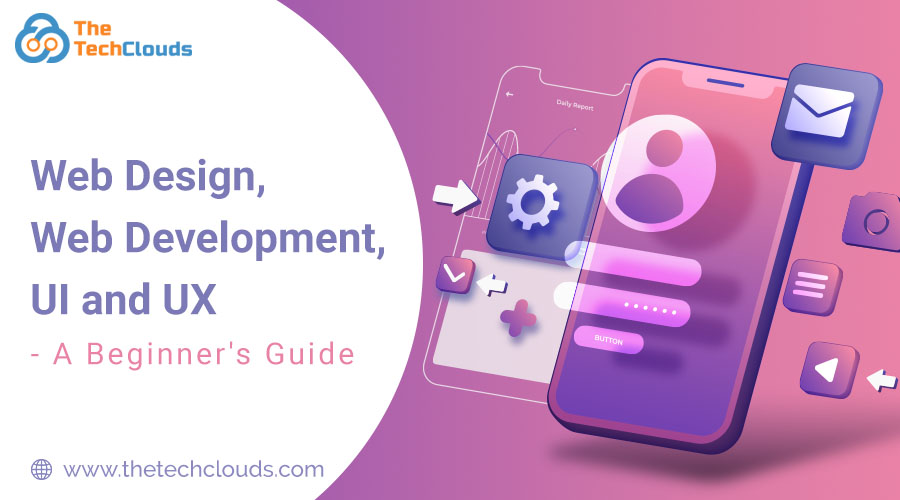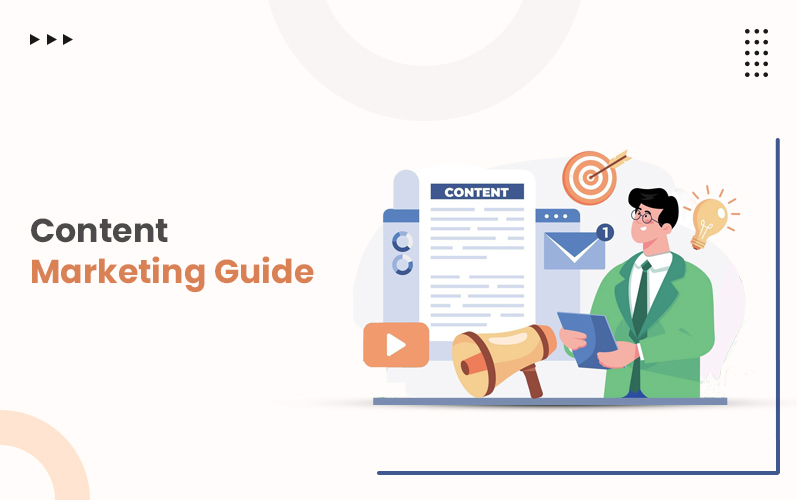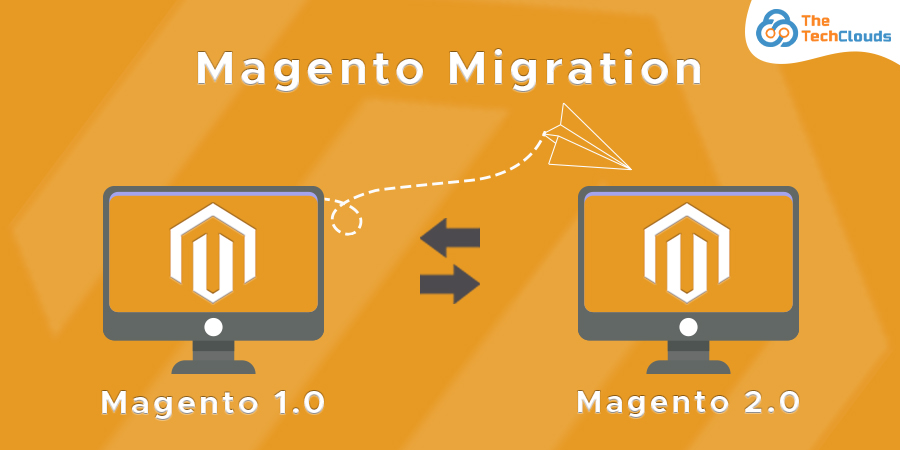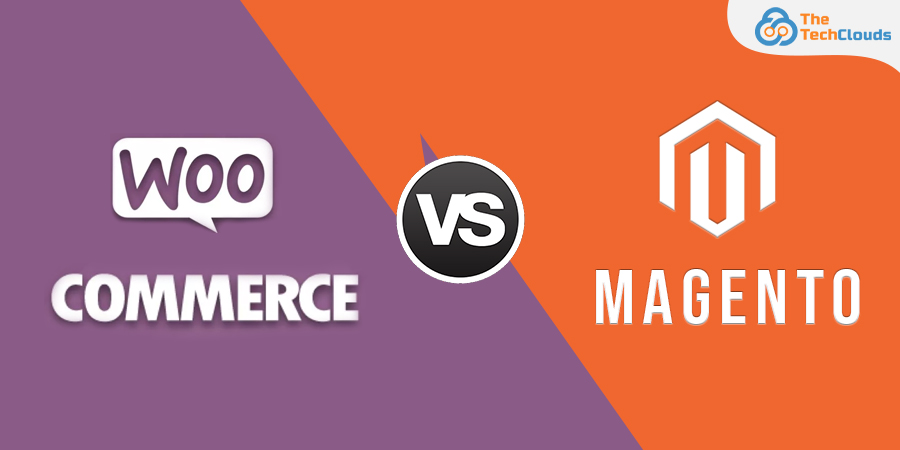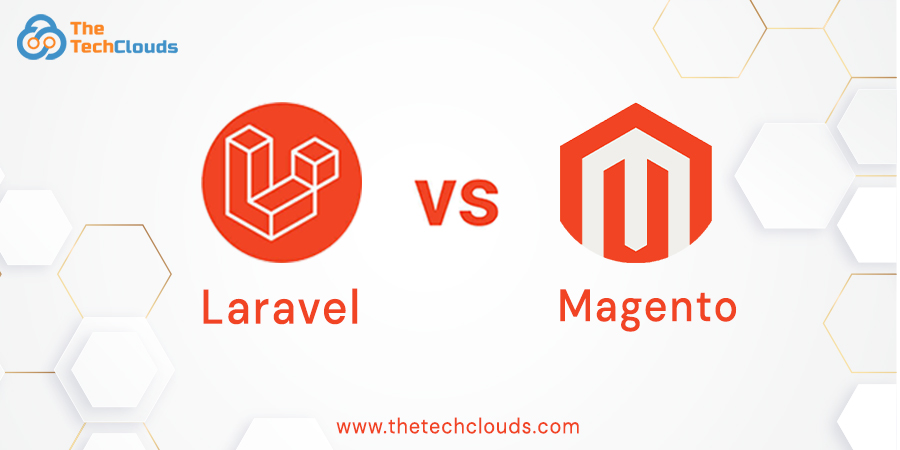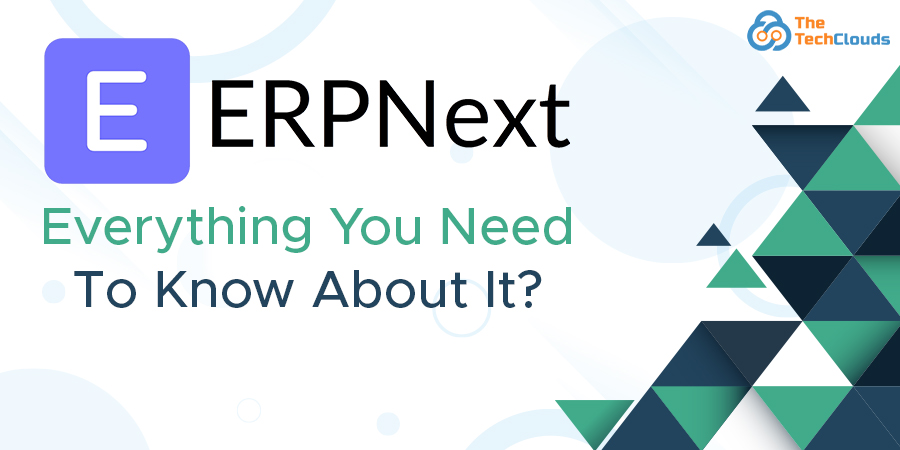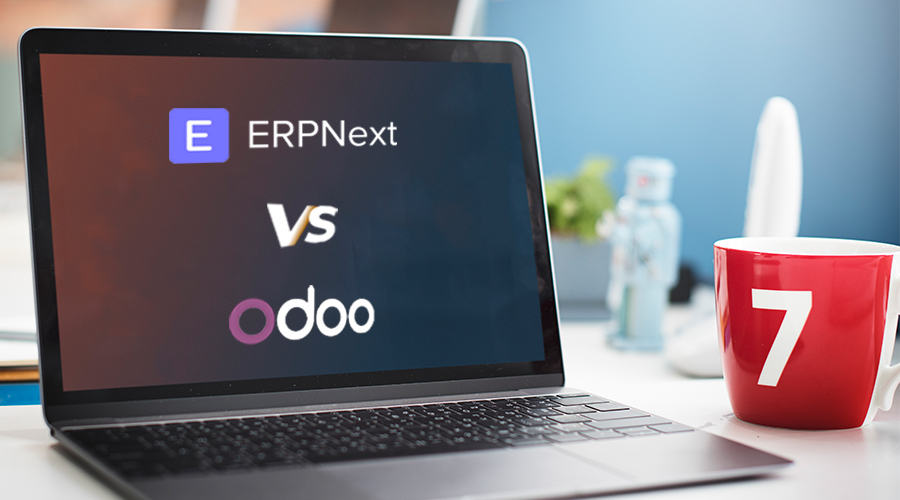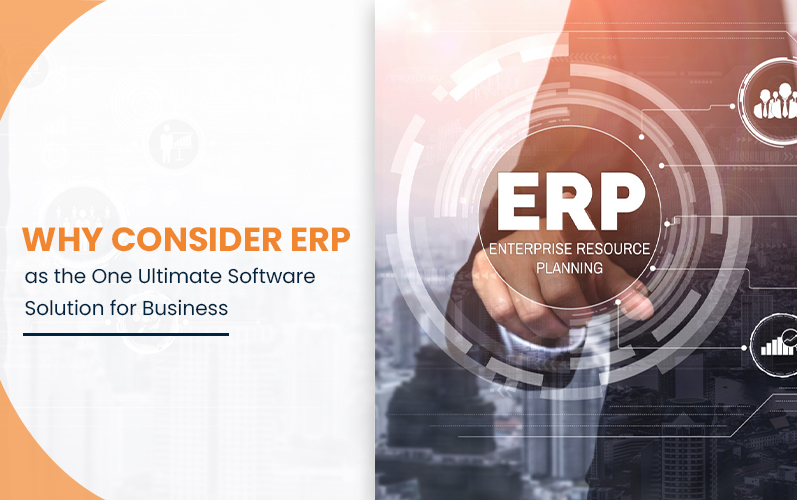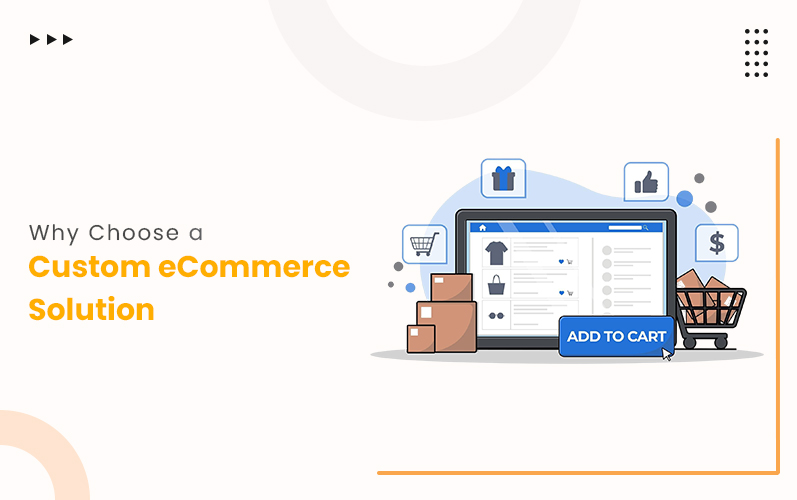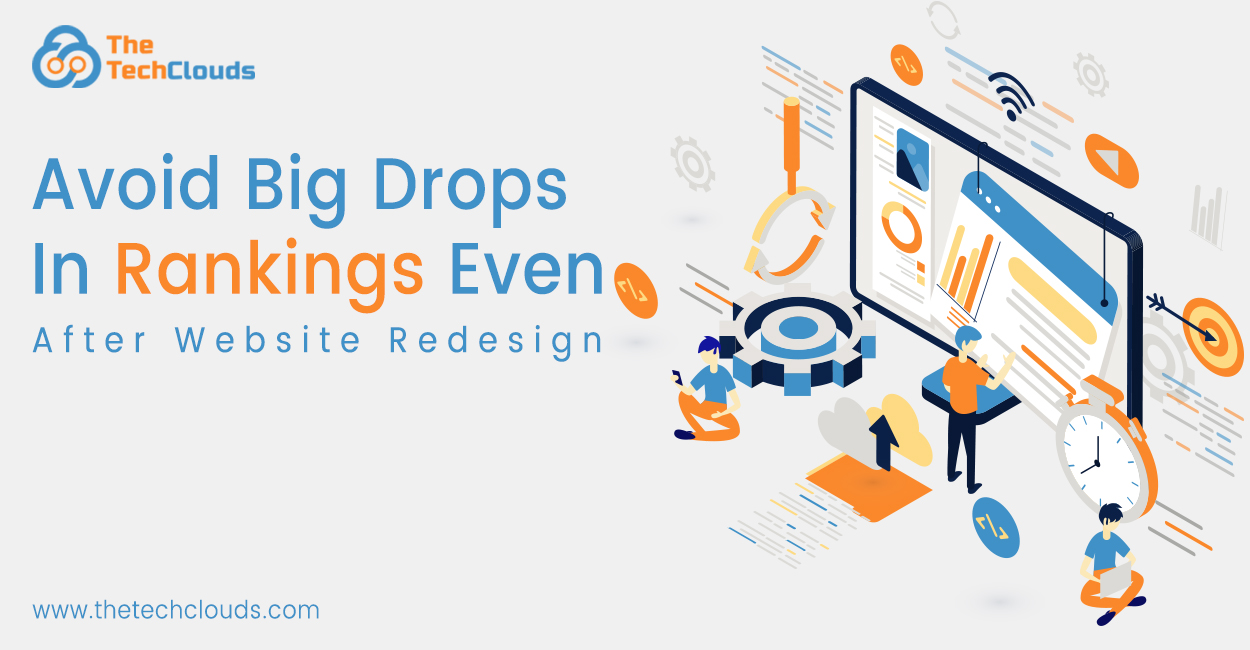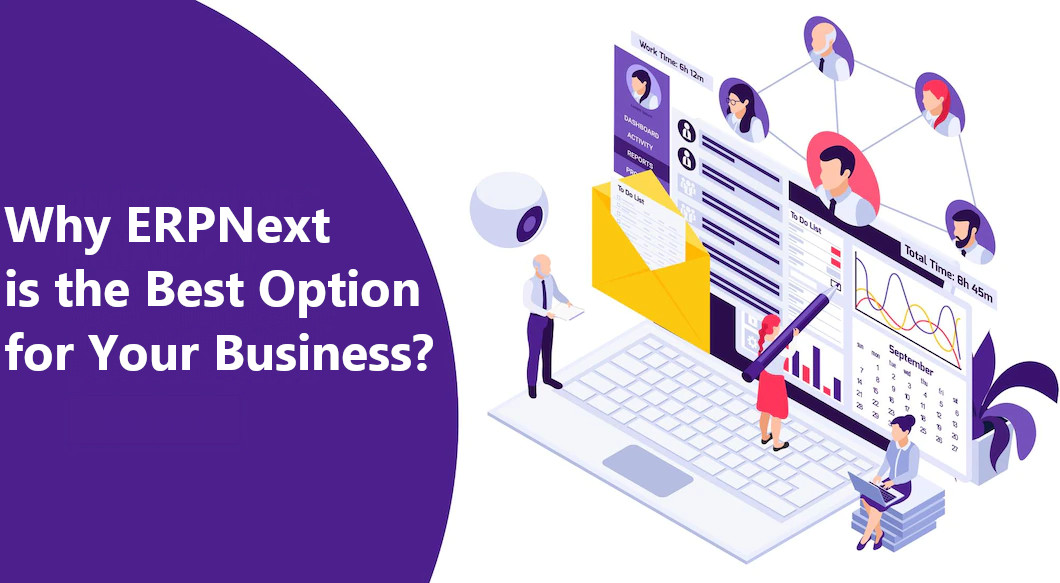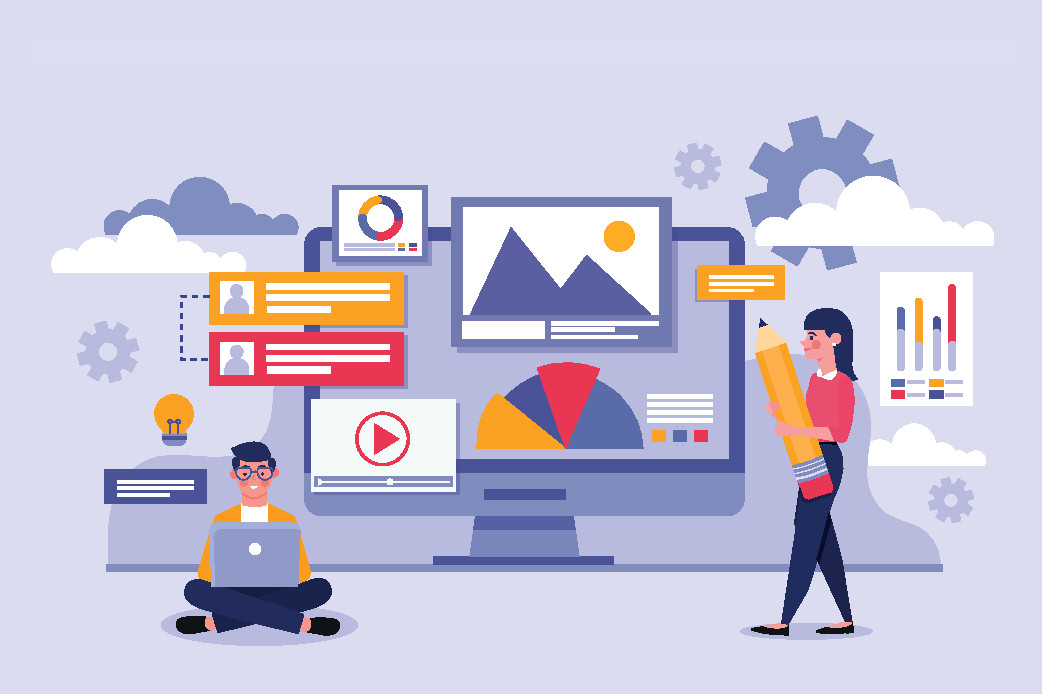ERP Software are the powerhouses in the modern business landscape. ERP offers a holistic solution to business ventures, from streamlining operations and centralizing data to empowering the front-end function. ERP software has been used for over a decade but is evolving continuously. Emerging technologies stimulate shifts from on-premises to cloud ERP, from manual entries to AI automation. But this marks the outset. Given the requirement to refine the goal aligned to elevating user experience, experts anticipated that even more significant changes would take place shortly. It would help if you remained aware of these ERP trends to stay ahead of competitors and satisfy more customers. Don’t know how to get started? Keep reading the article!
ERP Trends Of 2025 That You Need To Know
Trend #1 :The Emergence Of Cloud ERP
Businesses make the shift to cloud ERP systems. From small businesses to large enterprises, take the plunge towards this viable option. Unlike on-premise ERP, cloud ERP typically involves lower upfront costs. Brands can avoid bulk investment in on-premise deployment. Companies aiming to control costs can reduce hardware and maintenance costs with cloud-based ERP solutions. Cloud ERP pricing is often based on a subscription model, making it affordable for start-ups.
Trend # 2: Rise Of AI-Powered ERP Solution
Integration of AI and ML is one of an ERP emerging trends 2025. It has empowered ERP and evolved the tool to a featured rich decision making suits of solution. Enhanced automated features have become one of the biggest ERP trends of 2024. Organizations with manpower constraints can automate daily tasks with an AI-powered ERP. They don’t have to look back to check their prudence because modern ERPs are intelligent. Once a data procession technology, ERP now has to offer a lot. From analysing data, report automation, decision making to report processing-it excels in all tasks.
Trend # 3: Digital Transformation
- Industry Specific ERP Solutions
The demand for industry-specific ERP solutions is on the rise. Businesses today demand systems that fit in the unique workflow, suit compliance standards, and uplift the operational standards.
Modern ERP solution providers are responding to these ERP software trends. They are coming up with more such systems, which are far better in terms of the following capabilities:
- Pre-Built Industry Modules
These modules come pre-configured with features and workflows designed for specific sectors. For example, manufacturing ERPs include modules for production scheduling and inventory tracking, while healthcare ERPs focus on patient data management and HIPAA compliance.
- Integration as Per Industry Compliance
Compliance is non-negotiable in industries like finance, pharmaceuticals, and food processing. Industry-specific ERPs integrate built-in compliance tools that automatically track and enforce regulations.
- AI-Driven Process Optimization
Artificial Intelligence within ERP platforms is transforming how industries manage data and performance. It simplifies the workflow, improves resource utilisation, and speeds up the lengthy processes.
Also Read: How to create product bundles in ERPNext?
Trend # 4: Greater Personalization
- Low-Code/No-Code (LCNC) Customization
The demand for agility is driving the rise of low-code and no-code (LCNC) ERP customization. This ERP system trend is changing how organizations approach ERP adoption. More businesses now choose to build, modify, and extend ERP functionalities simply using the visual interfaces.
Instead of waiting months for custom modules or reports, companies can now create tailored workflows, dashboards, and interfaces, due to the following capabilities:
- Workflow Automation
LCNC platforms make it easy to automate manual workflows. This may include approvals, notifications, and data synchronization through visual process builders. It increases the operational efficiency and process consistency across departments.
- Advanced Customization and Visibility
LCNC ERP platforms provide the flexibility to personalize data visibility. From financial summaries to production KPIs, teams gain more control and clarity.
- Easy Import/ Export Features and Integration
Businesses can easily connect their ERP with third-party systems, automate data imports, and export reports across different formats. This enables seamless data flow between departments and external stakeholders.
- Personalized Interfaces and Smart Alerts
Users can design custom data entry interfaces, set up automated alerts, and declutter complex queries to make the ERP system more intuitive.
Trends # 5: Mobile ERP
The surge in mobile ERP solutions is one of the profound ERP trends of this era. It allows teams to collaborate at any time or on the go. Having access to mobile ERP is necessary when you work with a global team. With the rise of remote or hybrid work systems, mobile ERP creates convenience. It boosts inter- or intra-department collaborations by enabling the connection anytime, anywhere. Be it enterprise resource planning, resource allocation, or tracking mobile ERP, all business processes are eased.
Trends # 6: Predictive Analysis
The best ERP system on the market today has built-in predictive analytics. These advanced integration into ERP software makes the ERP systems an inclusive toolkit for businesses. Predictive analysis is a method to analyse future outcomes through real-time data analysis. You can optimize your decision-making, make guesswork, and leverage new opportunities. Being a data-driven method, it allows risk management and fraud detection. It even gives the best assessment of customer behaviour in the future.
Top cloud ERP software trends every business should be aware of:
Hybrid Cloud-based ERP
A hybrid cloud ERP combines the security and control of on-premise systems with the scalability and accessibility of the cloud. Businesses can host critical or sensitive data on-premises, while running other applications and workloads on the cloud. It’s particularly valuable for large enterprises with complex infrastructures or compliance requirements.
ERP as a Service ( ERPaaS)
ERP as a Service (ERPaaS) offers an ERP system as a fully managed service. Instead of purchasing and maintaining infrastructure, companies subscribe to ERP solutions hosted and maintained by the vendor. This model reduces the burden on internal IT teams and enables automatic updates and scalability, and lowers upfront costs.
Edge Computing Integration
Edge computing brings data processing closer. You will not have to rely solely on the centralised cloud server. It improves operational speed and responsiveness, especially for industries that depend on real-time performance.
Leverage On ERP Trends of 2025
Consider these ERP trends as you set your sights on 2024. To keep the ERP system at its best version, optimize the features. Align the technicalities with emerging trends. Count on The Tech Clouds team. We are one of the best ERP solution providers. Book a free one-to-one consultation now to learn more! Call us at +91 78900 99810 or email us at sales@thetechclouds.com.




